Ethos Logos Partners – Classical Education Platform
For the past few years, I’ve been leading a team that is building out an educational model that will change the country. Big statement, big goal, and timing are now. We are at a pivotal inflection point in history, a Gutenberg moment. In a similar time and occurrence to the pre-Renaissance dark ages, information availability is exploding and our kids need tools to make sense of what is truth.
Imagine how difficult it is for a young adult to determine:
What’s GOOD?
What’s TRUE?
What’s BEAUTIFUL?
Being able to discern between the noise of the day and what is TRUE takes years of foundational education, rooted in history, with a focus on values and virtues. This education starts in the home and is reinforced in the classroom.
Education in America has turned into a collection of learning facts without context and a hyper-focus on the narrow ability of a student to pass a standardized test. We need a nation of deep thinkers with the ability to discern right and wrong. Scholars that understand their duty in a republic.
If we engage the scholar’s interest and excitement around learning, then we set them up on a life of opportunities, responsibilities, and deep thinking, and a hunger for learning.
This effort that you are about to read is my way of entering the arena and making a difference.
Our History In Classical Education
The idea for a school system started to take root in 2014. Since then, I have been a part of a team that opened a group of charter schools in Arizona and Colorado. We opened our first campus in 2015 in Marana, Arizona with an academic model is based on the Classical Education/Charolette Mason program of instruction. I served as CEO and our team grew the network to 7 campuses, with two or three campus openings per year. In the 2021-2022 school year, we have 6000 scholars in a PreK to 8th-grade model. In opening and operating these schools, it became critical that we have a common platform to run each campus to its highest standards. My background was in multi-state operations so I immediately began to systematize all aspects of our schools. Our goal was rapid expansion so I embarked on building out each part of a school’s operation so we weren’t recreating the wheel with each new school.
on the Classical Education/Charolette Mason program of instruction. I served as CEO and our team grew the network to 7 campuses, with two or three campus openings per year. In the 2021-2022 school year, we have 6000 scholars in a PreK to 8th-grade model. In opening and operating these schools, it became critical that we have a common platform to run each campus to its highest standards. My background was in multi-state operations so I immediately began to systematize all aspects of our schools. Our goal was rapid expansion so I embarked on building out each part of a school’s operation so we weren’t recreating the wheel with each new school.
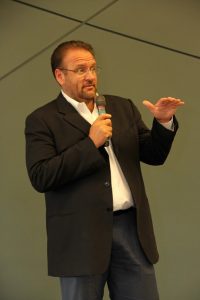 The systems required to run a complex public charter school have been refined and packaged into a business model. This model looks to expand the Classical Education platform to other charter schools, as well as to the growing home school community. The long-term goal is to eventually the public school arena with a researched back curriculum offering that addresses character education and is based on history instruction, stories of great men and women from history and a focused effort on values and virtues.
The systems required to run a complex public charter school have been refined and packaged into a business model. This model looks to expand the Classical Education platform to other charter schools, as well as to the growing home school community. The long-term goal is to eventually the public school arena with a researched back curriculum offering that addresses character education and is based on history instruction, stories of great men and women from history and a focused effort on values and virtues.
The systems we have built out include checks and balances, training protocols, culture builders,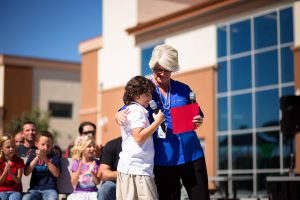 curriculum plans, charter drafting support, regulatory compliance, and assistance in site location, development, and financing of the projects. All these aspects of running a successful Classical Education charter school have now been bundled together under the company umbrella, Ethos Logos Partners.
curriculum plans, charter drafting support, regulatory compliance, and assistance in site location, development, and financing of the projects. All these aspects of running a successful Classical Education charter school have now been bundled together under the company umbrella, Ethos Logos Partners.
Ethos Logos Partners
Ethos Logos Partners is the parent company and it has five areas of focus. These include:
1. Charter Writing – Development – Funding.
Our role in this domain is in helping with the drafting, consulting with non-profit governing boards, and navigating the state-by-state regulatory environment in charter school-friendly states. This domain includes funding and development of the school campuses if needed.
2. Classical Curriculum – K12.
Our team has designed, perfected, and deployed a PreK to 12th grade Classical based curriculum. Under the brand, Medici Classical – Program of Instruction, we are deploying this curriculum not only to our future schools but to the fast-growing home school market. The offering will include printed cards, workbooks, digital day-by-day roadmaps, and an opportunity for top teachers to set up micro-stores within our platform. (More about Classical Curriculum – VIDEO)
3. Character Education – 10 Point Plan.
The secret ingredient in our school’s success and why the Classical Education model appeals to so many families is the integration of value and virtue instruction into every aspect of the K12 experience. We have deployed a Character Education-based platform that dovetails into our Classical curriculum or which can stand alone. This stand-alone model is ideal for public schools. Our team would implement history-based courses with a focus on values and virtues and the great men and women from history that help serves as a guide to our scholars of what could be.
I completed my master’s program with a focus on Character Education. From my first-hand experiences and combing through 20+ years of research, I’ve been able to put together a research-backed, 10 point plan, to implement a character education platform in public schools. I wrote a book on the topic which functions as historical background and a road map to the 10 Point Plan. This stand-alone program can easily fit into any public school in the U.S. under the Social Studies class offering. (Character Education VIDEO)
4. Teacher Training.
The key to our success is finding, training, and building the professional skills of the teachers in our system. Bond offerings pointed to the fact that our network had 89-91% teacher retention rates while doubling in size each year. That success translated into the success of our schools both academically and culturally. We have school launch trainings, hiring supports, professional growth plans, and a robust oversight and reporting back end that helps our teachers to be the best they can be in the Classical Education model. (Teacher Training – VIDEO)
5. School Operations.
Operating a public school is a complex endeavor. Over our years of operation, we’ve developed a complete operational process with covers every aspect of operating a public school. These manuals include implementation, training, and monitoring of the following areas: Legal aspects of American education, special education operations, intervention, and academic oversight, after school programs, lunch and front desk management, nurses office forms and tracking, Principal/Vice-Principal training, and support, facilities maintenance and much more. (More on school operations – VIDEO)
We are slated to open in rapidly growing Tampa Florida and have teams in Nevada, Georgia, Minnesota, and Texas pursuing charter school contracts. We are launching our beta version of the home school curriculum, both print and digital, in January 2022. The full, national rollout, will occur during the summer of 2022.
Below are some of the aspects of the above, FIVE parts of the Ethos Logos Partners company.
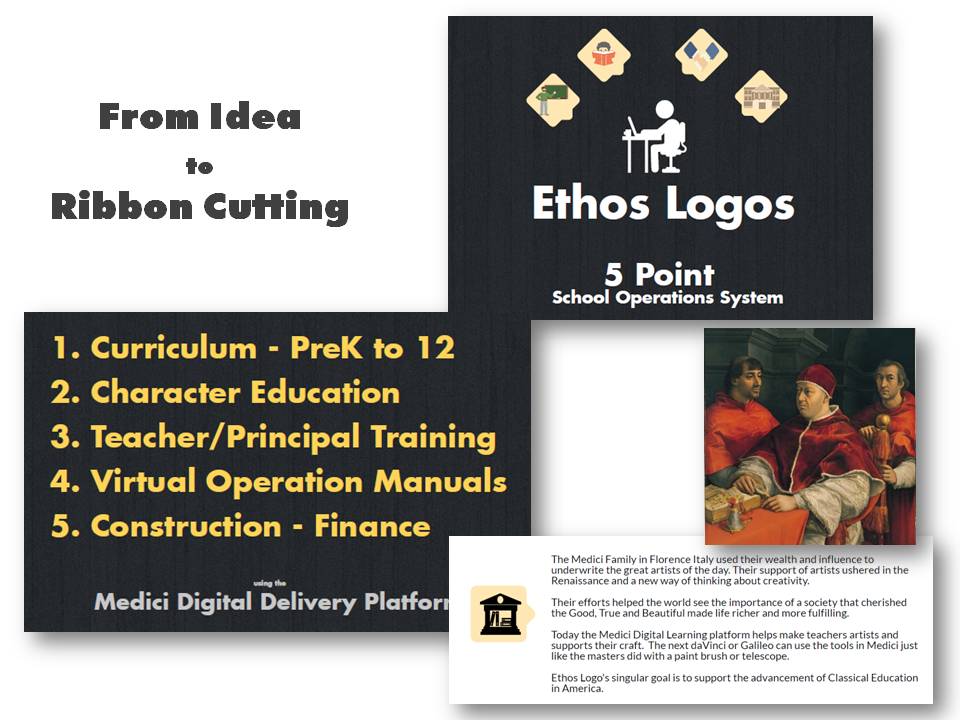
Classical Curriculum for K-12
Classroom and Home Schooling
Every Subject – Month By Month – Day By Day Instruction
English, Math, Science, Art/Music, Latin Logic, Rhetoric
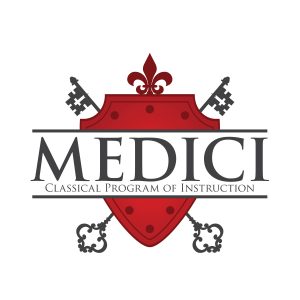 Beginning in 2020 we are going to deploy a home school classical educational product that helps parents implement the benefits of Classical education in their homes. The Medici Classical brand will be the home-facing offerings of our curriculum. The parent offerings will include easy-to-follow print and day-by-day digital resources. The political climate in schools has seen an explosion in homeschooling families with the homeschool market growing from 3% to 11% of the population in the past 5 years. Medici will help these families teach at home with confidence and supports.
Beginning in 2020 we are going to deploy a home school classical educational product that helps parents implement the benefits of Classical education in their homes. The Medici Classical brand will be the home-facing offerings of our curriculum. The parent offerings will include easy-to-follow print and day-by-day digital resources. The political climate in schools has seen an explosion in homeschooling families with the homeschool market growing from 3% to 11% of the population in the past 5 years. Medici will help these families teach at home with confidence and supports.
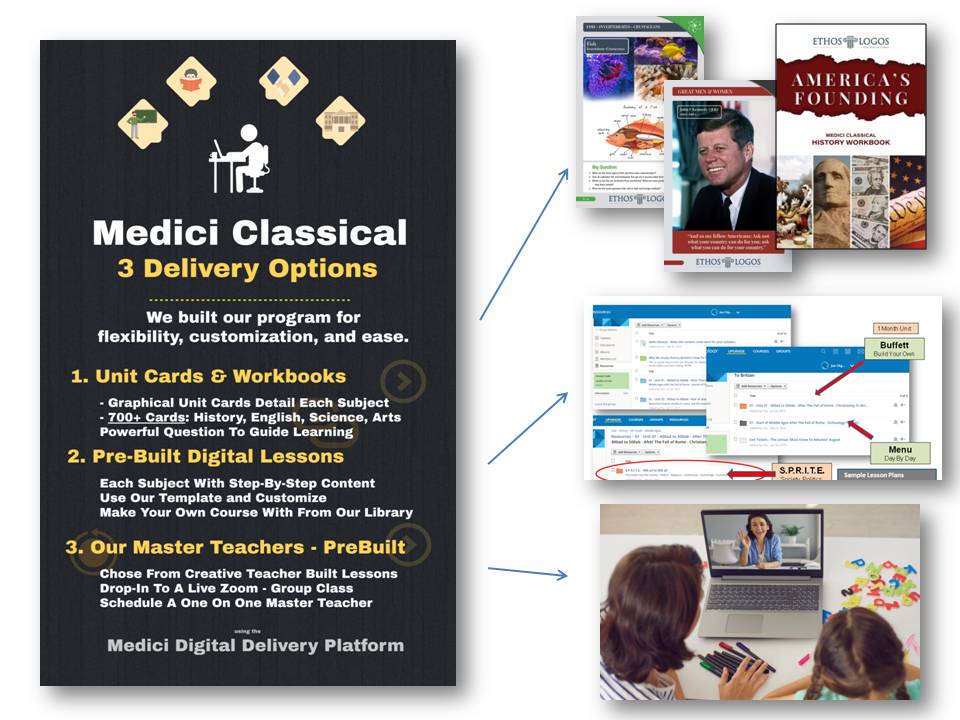
Medici Classical Curriculum Is Different
Built For Classroom Teachers – And Homeschool Families
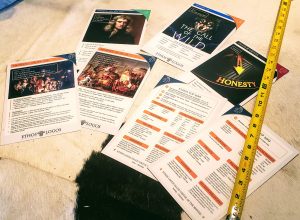 We have also built the Medici Classical Curriculum with the classroom teacher in mind. We found that teachers were spending far too much time digging and creating content to meet the fast-paced day so we embarked on a plan to put resources at the fingertips of every teacher in our schools at the very moment that they may need it. Our mantra was to let us focus on the WHAT to teach and allow you to focus on the HOW. In building our charter school network we listened to teachers and Principals and designed our curriculum around what they told us. As you continue to go deeper and deeper into
We have also built the Medici Classical Curriculum with the classroom teacher in mind. We found that teachers were spending far too much time digging and creating content to meet the fast-paced day so we embarked on a plan to put resources at the fingertips of every teacher in our schools at the very moment that they may need it. Our mantra was to let us focus on the WHAT to teach and allow you to focus on the HOW. In building our charter school network we listened to teachers and Principals and designed our curriculum around what they told us. As you continue to go deeper and deeper into
our print and digital platforms you will find that there is almost too much cover. We tell our teachers and we suggest to our homeschool families, don’t get lost, get familiar with the tools we provide and spend your efforts on connecting with your scholars. Quickly, you’ll find that your students tell you exactly what they want to cover. (How Our Curriculum Cards Work – VIDEO)
The Beginning of Curriculum Cards
I asked parents what they noticed different about our schools and the answers I got back was that the dinner table conversations were like nothing their family had experienced before. Their kids were excited to share the history stories they’ve learned in school. From that feedback, I started to create curriculum cards as a way that parents could follow along and prompt questions as conversation starters.
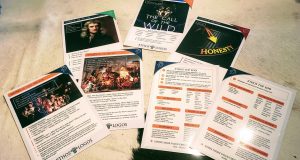
These cards are based on one month of one subject. Typically, the concepts covered for the month are laid out in bullet format with big general themes which the teacher can pull from. For our kids with short attention spans brought on by too much screen time, these cards are designed to pique their interest and to encourage them to want to dig into new concepts and ideas on their own. Each card has far too much to cover in the classroom, but they provide a roadmap for a student to dig deeper should they find a topic interesting.
From the kernel of an idea as a way to bring the family into their child’s educational experience came a series of curriculum cards that has grown to over 800 laminated cards representing a month of each subject scholars will cover. We color code the upper corner by subject and code each card for the year and month that the subject should be covered. This easy, overarching snapshot of a month’s worth of content becomes the foundation from which all our offerings are delivered. Simply line up the date codes, sort by color codes, and then explore.
Sample One Month Unit
Below is a sample of a monthly unit using the Ethos Logos Curriculum Card platform. The sample unit is the Rennaissance and in our thematic model, history is the anchor. These cards are designed for our classroom teacher or home school families to review and connect in ways that match their scholar’s interest or their family’s beliefs and focus. Curriculum cards also come with workbooks full of leveled questions that can be used to construct lessons around, prompt further research or build large projects around. The workbooks also include sample worksheets and suggestions of ways to make a particular card come alive. With these cards, a scholar can explore, dig deeper and make connections that are only limited by their imagination. We call these one-month units and there are 10 monthly units in a class grade. That is only our suggestion and you can continue along as long as you would like. This depth of history and interconnections of subjects, student-centered learning, focus on values/virtues as well as artists and musicians is very much Classical and Charolette Mason influenced instruction. Combine all this with our day-by-day digital instructional platform and, as we tell our classroom teachers, we’ll help you focus on the ‘WHAT’ to teach and allow you to focus on the ‘HOW’ to make a lasting impact.
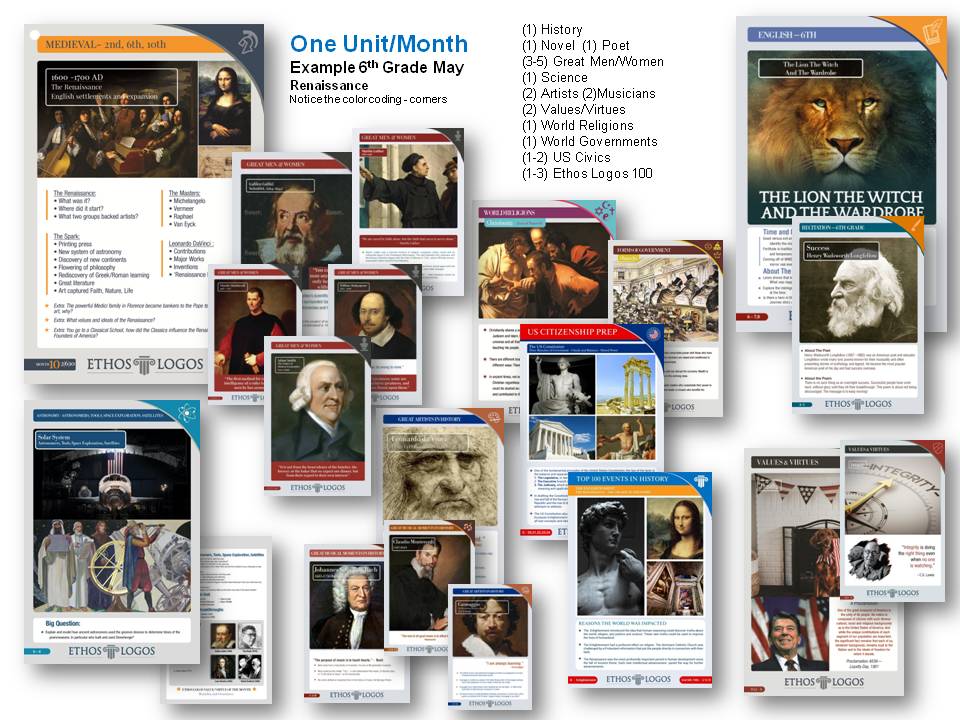
Question Bank – Workbooks
Along with the curriculum cards, we provide a workbook full of questions. No answers, just questions. In keeping with the Socratic concept of questioning, we find that the power in learning something is asking the right questions. Our classroom teachers or homeschool families can scan the bank of questions and determine what interests them or which questions align with their family’s values system. We group the various questions by suggested grade band but parents at home can move up or downgrades based on their child’s ability.
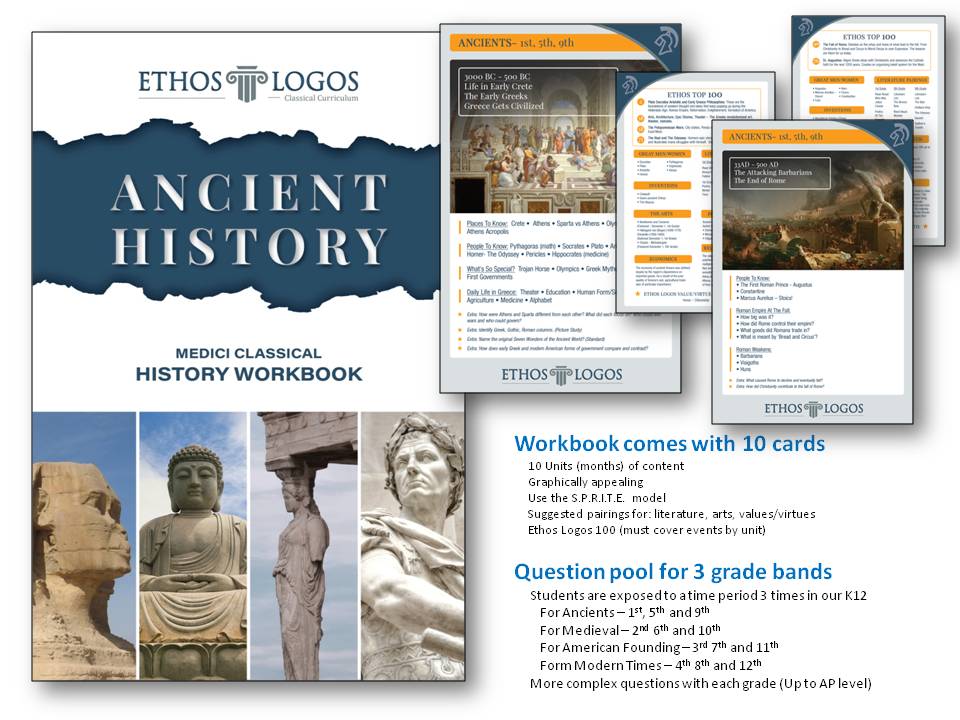
Digital Resources
To complement the cards and question bank, we have also built out a digital classroom with suggested ways to deliver particular subjects in a clear, day-by-day format. A homeschool family or classroom teacher can teach from the cards on their own, add in powerful questions we’ve curated on each topic, or log in to our digital tool and have content delivered in a format that walks from start to finish each monthly unit. These digital units were built by classroom teachers and our team and took years to compile. We’ve built each month’s content out as we suggest but the parent at home and the teacher in the classroom also has hindered of resources for each unit to supplement, add to, or expand upon if they or their scholars are interested. (Digital Resources Curriculum Resource Introduction – VIDEO and Digital Resources A Tour – VIDEO)
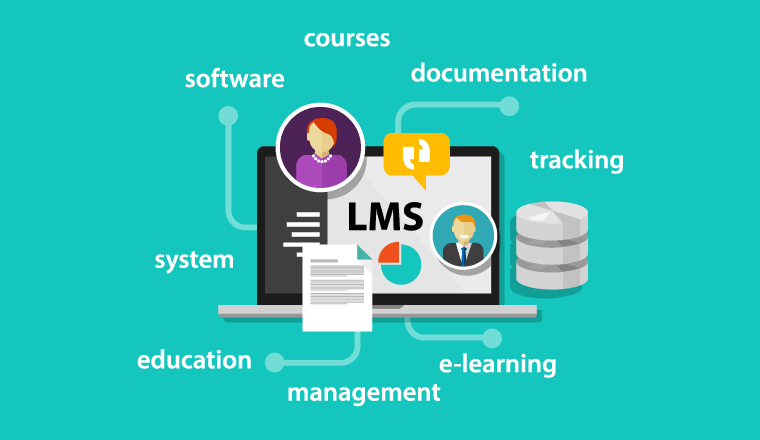
History Is The Starting Point

In Classical Education, we build our instructional model of time periods in history. Scholars in a particular grade, say 6th grade, are covering the time from the Fall of Rome to the Age of Exploration. Each month they study a new time period. The history they cover in the classroom is aligned to the artists, musicians, historic novels, scientific advancements of the particular period. We find that this emersion into a period of history helps to anchor concepts and make connections
across subjects that allow for deeper understanding. In addition to studying a particular time period per grade, in the Kinder – 12th-grade Classical model, the scholar will see the particular time period a total of 3 times. Each time they dig into a historical moment in human history, they are going deeper and deeper into the nuances of then and how it applies to now. (What is Classical Education? VIDEO)
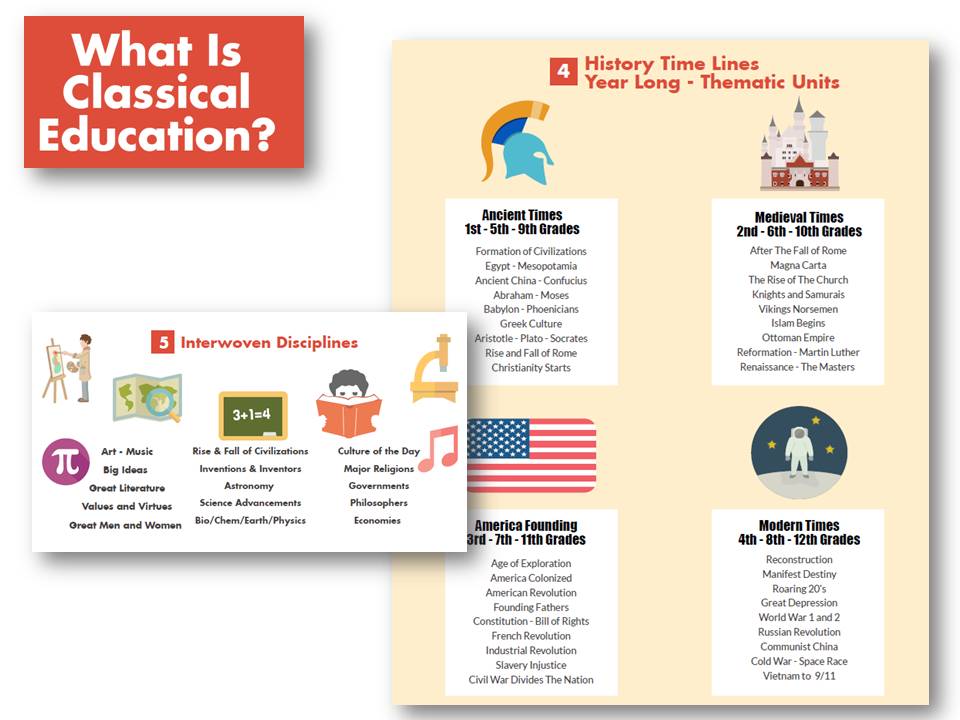
The Ethos Logos – Card Curriculum – Platform
800+ Cards Fit Together In Hundreds of Ways
The Medici Classical Curriculum was developed by experienced classroom teachers, home school teachers, and experts from private Christian Classical schools as well as public education curriculum designers. We are the first group to build a full Pre-K 12 classical curriculum for use and adaptation in the private, public, and home school arena. Our team has opened and managed award-winning Classical Education charter schools in multiple states. The Medici Classical Curriculum is a multi-year effort to organize, test, perfect, and layout a framework where parents and teachers can successfully take advantage of the classical model. (History – Logic and Rhetoric – VIDEO) 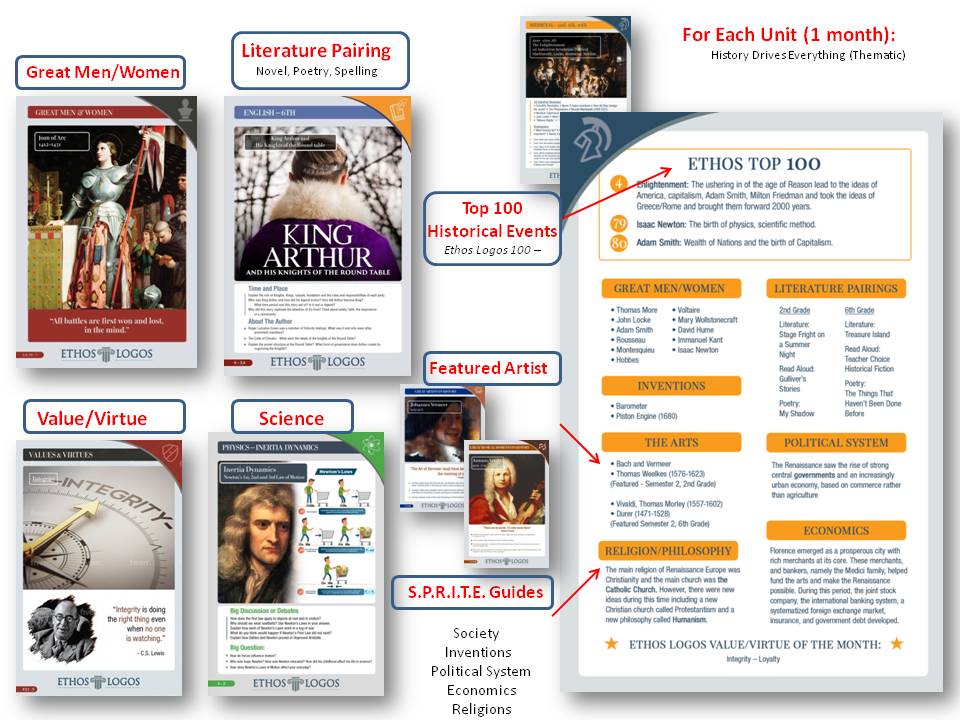
Ethos Logos Top 100
Since history is paramount in our Classical model. Our team put together the Top 100 Events in human history. The Ethos Logos Top 100 appear at various months/units throughout each grade. We provide a clear road map with each history unit and allow for our teachers and home school parents to match their interests and instruction to what the scholars are excited about. The Ethos Logos 100 are topics that we highly recommend that when planning their instruction our teachers make sure to cover these monumental events. In addition to our monthly history instructional cards, we’ve built out 100 cards that go a bit deeper into the WHY and WHEN one of these history-changing events happens. Here is a sample of the Ethos Logos 100 and how they apply in our instructional model.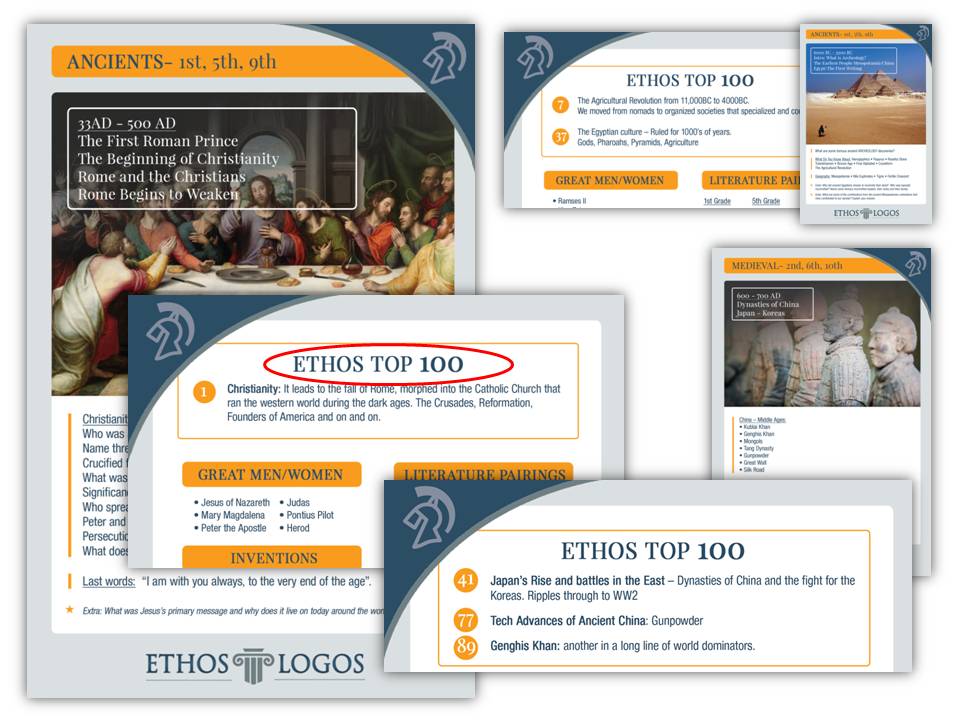
Creativity and Immersion Into History
The interconnection of subjects helps scholars connect all the dots and understand how the past relates to today.
Our history offerings found in our curriculum mapping are built out using National Social Studies Standards plus the S.P.R.I.T.E. Model. Under this buffet of curriculum resources, the teacher can choose one or more aspects of a particular month-long unit. The flexibility for the teacher to focus on the SOCIETY (what it was like for children, nobility, or others in a time period), POLITICS (how the civilization was governed and ruled), RELIGION (what doctrine a community followed, when the great religions started and how they impacted society), INTELLECTUAL (what were the great ideas, the impacts of art, architecture, and music), TECHNOLOGY (what advancements came into existence and how these changes impacted history), ECONOMY (how did the society trade, build, grow or make the goods and services they needed). The S.P.R.I.T.E. Model of history lesson planning allows the teacher to match their interest with their student’s curiosity to deliver impactful lessons.
I have seen some of our 6th-grade teachers dress in Knights and Queens costumes to welcome the students in for a week of Medieval Games. With our Charlotte Mason influences, we encourage creativity because long after a scholar leaves the 6th grade, they may forget the Pythagorean Theorem but they will remember their teacher hosting the feast of the round table. (History Instruction – Curriculum VIDEO)
US Citizenship – US Civics
Did you know that only 62% of Americans born and educated in the USA pass the 130 questions US Citizenship test?
Foreign-born people looking to naturalize into the US pass at 97.5%. To us, that doesn’t make sense. If our kids aren’t leaving school with the basics of what it means to be an American, then someone isn’t doing their job.
The US Citizenship Test is a 100 question exam covering how America was formed, our tri-cameral distribution of power, and some of the local nuances of who your state Senators currently are. In our schools, we start in 5th grade with 20 questions taken directly from the US Citizen exam. By 8th grade, our scholars have seen and understood all 100 of the questions. Inside our digital content and as a part of our printed offerings, we help our teachers with the step-by-step resources to teach the facts found on the US Citizenship exam and help our teachers explore the roots and history of many of the questions. A deeper understanding is the key to retention.
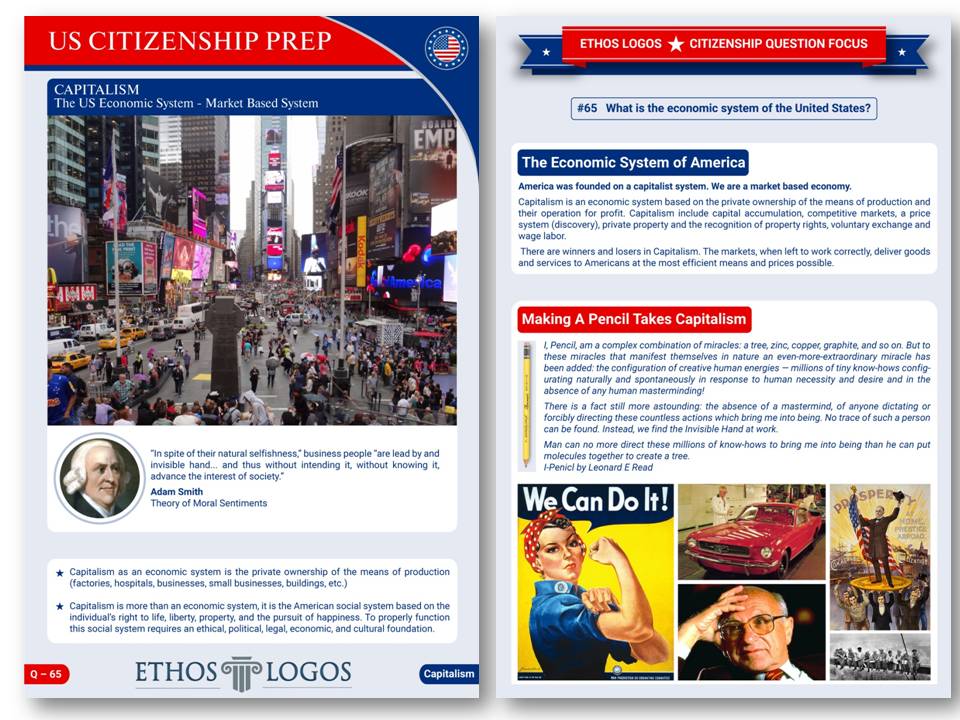
Sample Card – Ethos Logos – US Citizenship Exam Prep
Lincoln stated:
Show me the classrooms in this generation, and I’ll show you the government of the next.
We take that idea seriously and seek to make sure our scholars have a good firm grasp of what it means to be a US citizen. Only 17% of Americans under 45 can pass the US Citizenship Exam. We think that’s got to change. Since history is the arch we use to build the Classical model around, there are numerous opportunities to dig deeper into US Civics.
In our schools, beginning in 5th grade, we introduce the scholars to the actual questions found on the Citizenship Exam. We typically cover 25 questions per grade and set the bar at proficiency by 8th grade. These questions are broken down into easy to read graphical cards which give more than just exam answers but some of the historical context surrounding each question.
The US Citizenship cards have been designed for our charter and homeschool families but we will also be offering the cards and test preparation to the general community via Amazon.com and other outlets. Since 2014, the number of citizenship applications USCIS approved has increased from 653,416 to 843,593 in 2019. During these six years, USCIS approved, on average, 739,980 applications for naturalization per year. Each of these future citizens is a potential customer of this product.
Character Education
Reading, Writing, and Arithmetic JOINS the
Good, True, and Beautiful.
Character education is the development of knowledge, skills, and abilities that help scholars make informed and responsible choices. Character is derived from a Greek word that means “to mark,” as on an engraving. Character education enables students to come face-to-face with the realities of life and have the skill sets to deal with what is presented. Schools see every type of positive and negative home experience walk through the doors and have a role in preparing scholars for the challenges and joys of their lives ahead. The role of schools in partnering and aligning with the families in their care is important not just for academic outcomes but for preparing students for life beyond school. (More on Character Education – VIDEO).
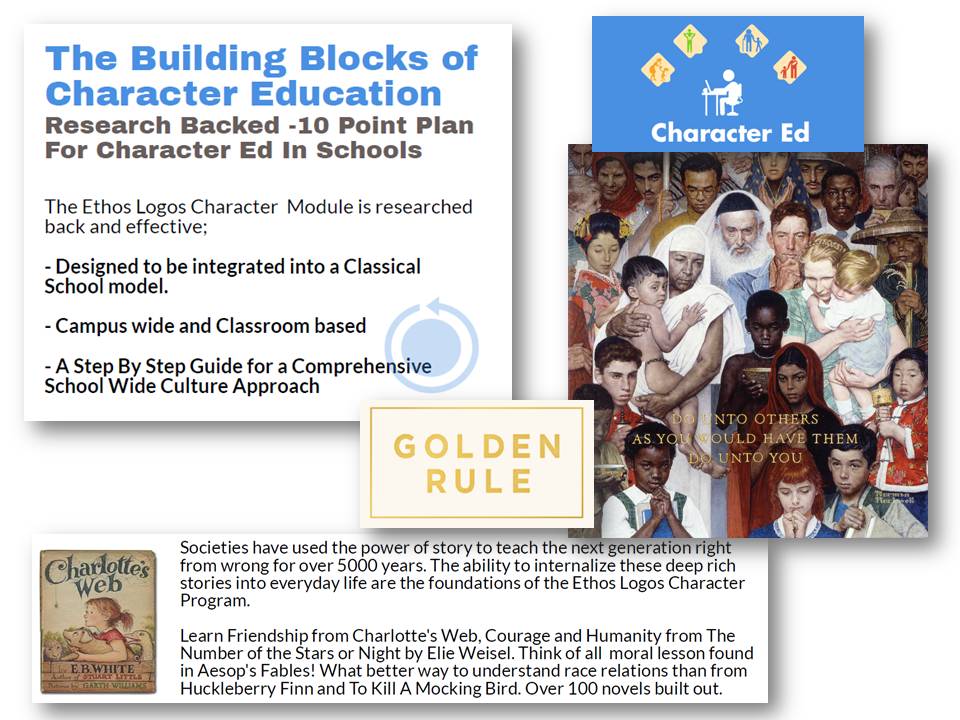
In addition to our Medici Classical curriculum which covers PreK – 12th-grade subjects all aligned to a Classical framework our curriculum team has embedded virtue prompts throughout our subjects which allow our teachers to not only explore what may be on a test but to help our students from what it means to be human.
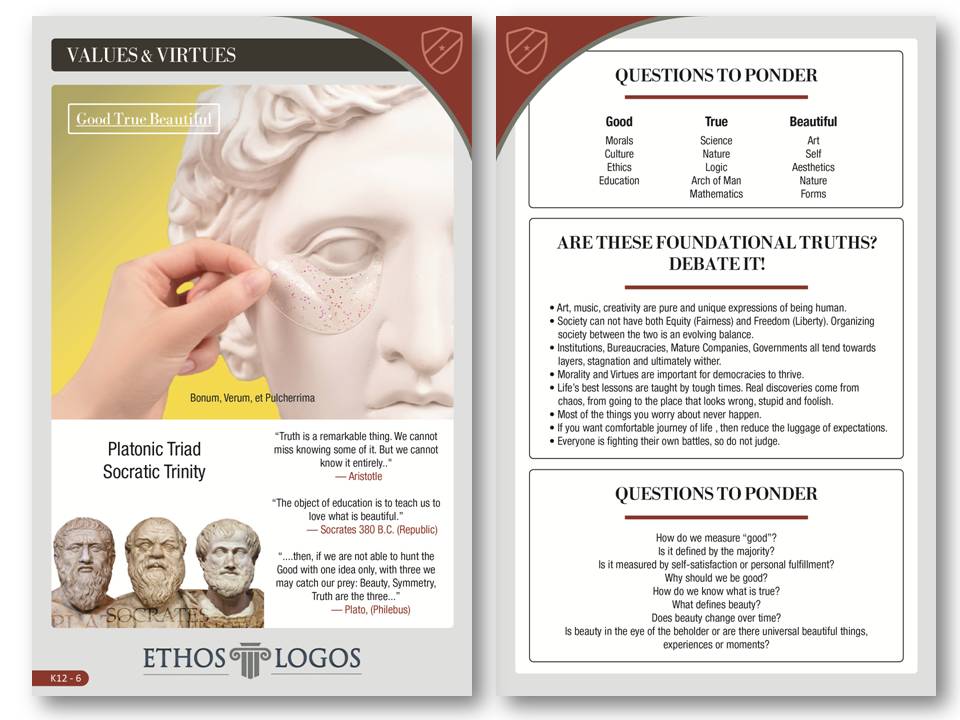
Great Men and Women of History
Teaching History Through The Stories Of History Makers
The idea behind the Great Men and Women of History add-on units is that the teacher can further customize their history units by featuring the lives of heroes and legends that appeared during the particular time frame in history. These Great Men and Women can be tailored to meet the students’ interests or to better culturally represent a historical figure that a student may identify. The goal is for teachers to weave these figures into their instructional lessons. We hope that students can see themselves in these Great Men and Women and one day goes on to change the world.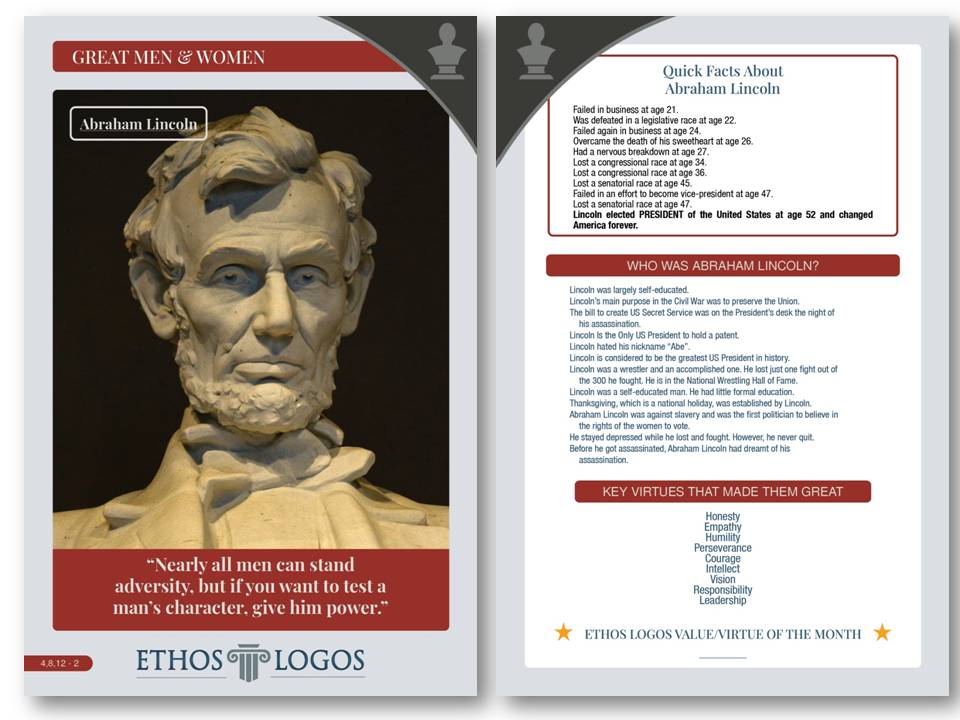
Weaving It All Together
History – Great Men and Women – Values and Virtues
By focusing on history, not just dates and facts and wars but on the stories of courage and grit exhibited by Great Men and Women from the ages, scholars start to see what could be. For generations, we have been sitting around a fire and sharing stories of bravery, moral conflicts, what happens when the hero stumbles, and most importantly how normal people have overcome unbelievable odds to change the world.

The front of the Great Men and Women unit cards have quotes or big questions to dig into on the particular character from history. The back has facts, dates, achievements, movies, or books that may help to further explore the Great Men and Women of history.
The cards also include key Values and Virtues that made these people great. What an amazing way to make history come alive and set an example for your child of what greatness looks like.

English – Language Arts
From Grammar & Spelling to Values & Virtues
English courses in our model are extremely important and have a number of aspects which we’ll bread down below. The Medici Classical English scope, sequence, and selection took years of classroom teacher back and forth to develop. We looked at top Classical schools around the country, interviewed teachers to find out which novels worked and which didn’t. We added and subtracted and continue to do so. As you explore our selections realize that you have complete flexibility of what to teach in English but if you follow our unit (monthly) sequence, the benefits of thematic units and cross-connections which make Classical education so impactful will be seamless.
We are firmly anchored in the classics but we’ve incorporated abridged versions of classic novels for some of our lower grades and full versions for upper grades. The abridged versions introduce students to the famous English, American, European, and World literature. Our curriculum supports are built around novels, plays, poetry, short stories, speeches, and quotations from the great works of literary history.
Since many of these books have been in print for decades, many can be found online for no charge, used, or easily available from online booksellers. (More on the Classical Ed English Program – VIDEO)
Quick Reference Guide To Medici English
- Age Appropriate – We use the Lexile score benchmark to align age-appropriate books to a particular grade. As our scholars get older, they are able to handle more adult topics. Some of the books on our reading lists have been banned over time for being too far to the left or the right politically. We believe that you have total agency as to which books to teach your child and would encourage you to research and read the novels you are teaching. Denying realities of war, racism or human interactions does a disservice to our kids. When we come upon a difficult subject we see those as learning opportunities to critically think and compare and contrast life in the past to life today.
- Literature Review – As your child continues through their education, the ability to dissect, identify and compare literature becomes an important tool. In our digital platform, we help you with pre-built lesson plans then help you and your student identify plot, theme, author’s intent, and much more. In many cases, we suggest snippets of other great works (movies, book exerts, articles, source documents) and spell out ways that you can craft assignments that compare and contrast various literary devices.
- Spelling – Novel Words – Latin – Scripps Spelling – Each unit features a novel. We identify spelling words from the novel and suggest a few ways to have your student learn and master those spelling words. We also include Latin root words and Scripps Spelling words for each month.
- Grammar – In our digital support system, we spell out the grammar targets that your student should have mastered by specific grade levels. Exercises, worksheets, and practices are available to help you both cover the nuances of the English language.
- Historic Alignment – History is the backbone of each of our units. In our system, scholars see a time in history a total of three times. The more we can immerse our students into what it was like to live, work, worship, or experience a particular time the more aware they become of the past and the more context they have to understand current or future events. The powerful combination of history instruction (source documents, facts/dates, Great Men and Women, inventions, scientific advancement, etc.), with arts instruction with deep and rich stories in English, is what Classical education is designed around.
- Value and Virtues – The novels we chose have characters, many the same age as your child, experiencing trials and joys as they move through the story. We have built into our curriculum prompts, suggestions, and training on how has your child experienced those struggles and persevere. At home, you can feature values like Courage or Responsibility, Forgiveness or Humility through the eyes of a particular character in a novel. We give you a number of ways to make these connections all aimed at anchoring a sense of right from wrong.
- Poetry – Age Appropriate and Memorized – Beginning in Kindergarten, each month our students memorize and recite an age-appropriate poem. These poems have been curated and outlined with each English unit. The great poets from history, including Walt Whitman, Robert Frost, Rudyard Kipling, Langston Hughes, Wordsworth, Shakespeare, Longfellow, Shelly, and Robert Lewis Stevenson are all included.
- Plays and Theater In Older Grades – Units in high school include Our Town by Oscar Wilder, Death of A Salesman by Arthur Miller, and more.
- Writing Prompts – Being able to formulate ideas and then communicate those ideas in clear and concise writing is the mark of a well-rounded education. We include in our digital offerings step-by-step training and writing assignments that are tied to our novels and our history prompts. We transverse between, Expository, Opinion/Persuasive, Informative in our English and History subjects and scientific writing in our science units.
- Presentation Skills – Classical Education culminates in the forgotten art of Rhetoric. After years of practice, we strive to ensure that all of our students are able to present their ideas and persuade their audiences. This is done via writing as well as in group presentations. Included in our platform are Capstone projects that are programmed into 5th, 8th/9th, 10th, 11th, and 12th grades. These projects are opportunities for our students to tie everything together and deeply think about what is important to them.
- Balanced Informational Text and Fiction – As we built our model, public schools have a real focus on informational text, which we think is important but our curriculum has a balanced approach with story-driven fiction novels. The power of story is the power of Classical Education and we made sure this balanced approach is included in each unit. For informational text, we cross teach in science, history, and the arts so your child receives an ample amount of informational text. English in our model has a heavier concentration of fiction.
- Socratic Prompts – The power of a great is what Classical Education platforms strive for. Facts, dates, and memorization have their place in K12 education but a deeper understanding and critical thinking take training and time. We have built-in Socratic discussion starters into English and history units. These questions can be used as writing prompts or discussion starters to check your child for a deeper understanding of topics. In science, we’ve put together prompts around the ethics of science and advancements from time. A good teacher and a good Classical Education will always be looking for ways to synthesize content and go deeper into the good, true and beautiful.
- Early Reading Step By Step Plan – Below you will find the specifics of our emergent readers program. We work within the Bookworms platform which has strong research behind it and it has many of the characteristics we look for in a Charlotte Mason – Classical school.
- Charlotte Mason Read Aloud – 18th-century educator, Charlotte Mason advocated for reading to her students using classical stories that may be a bit harder to comprehend than their grade level. She believed that listening, hearing new vocabulary, and gathering inference from context was an important part of learning to read. Our early reading program, Bookworms, believes the same. We recommend continuing read alongs up into 5th or 6th grades.
- Whole Word and Phonetic Awareness – The debate has raged between whole word and phonetic instruction. We integrate both into our curriculum. Bookworms
- Struggling Readers Diagnostics and Tools – Because our curriculum is used in public schools, we’ve built a check and balance system based on the latest in literary research to help you identify reading gaps in your homeschool student. Contact our team for more info on diagnostics and intervention strategies to ensure your child gets the help they need in learning to read.
- Handwriting – Cursive – We strive for mastery of cursive writing by 5th grade. Within our curriculum map, we include learning targets and practice materials to ensure that your child is progressing with their cursive skills at each grade level.
- Dyslexia Accommodations – When available, we include a link to the audio version of most of our assigned novels.
- Benchmark Standards – Should You Wish To Follow – Since our curriculum is built for public and private schools as well as the home school community, we have a number of the state standards called out in the resource folders of each novel unit. You can easily see which skills your child should master by which grade.
Science Done Classically
Deeper Dive – Historic View – Ethical Debates
The science program in Medici Classical supported schools follows a pattern of one full year of Earth Sciences, Biology, Chemistry, and Physics. With the repeating pattern of aligning 3rd to 7th and 11th grades and 4th to 8th and 12th grades and so on, students spend a full year in Chemistry three times in their time at a Classical K-12 school.
Exposing 3rd graders to a full year of Chemistry raised some eyebrows. Teachers that have followed the Medici Classical model have been surprised at the excitement 8-year-olds have toward chemical reactions, states of matter, and the periodic table.
All the concepts covered in state end-of-year assessments are integrated into the full-year immersions found in the Classical model. Refreshers during testing years are embedded in the curriculum mapping to ensure mastery is attained.
The Medici Classical Curriculum Program has built lessons around the new National Science Standards in Arizona, Colorado, Florida, Texas, Indiana, Georgia, Tennessee, and other states as well as incorporating Common Core science standards.
The keys to a Classical Education science program involve a heavy dose of hands-on learning, the fundamental skills of gathering data, and the ability to report on what has been learned through written, oral, and group projects. The scientific method has changed the way we find, test, and discover new advancements in the four scientific disciplines. Scholars learn about the early pioneers in science and advancements that have occurred over the ages.
Unchecked, science can be all-consuming. Our science program prompts the students to have big debates around advancements and discoveries. For every great advancement the ethical dilemmas around testing, pricing, availability, and so on are important to understand. (More information on Math/Science – VIDEO)
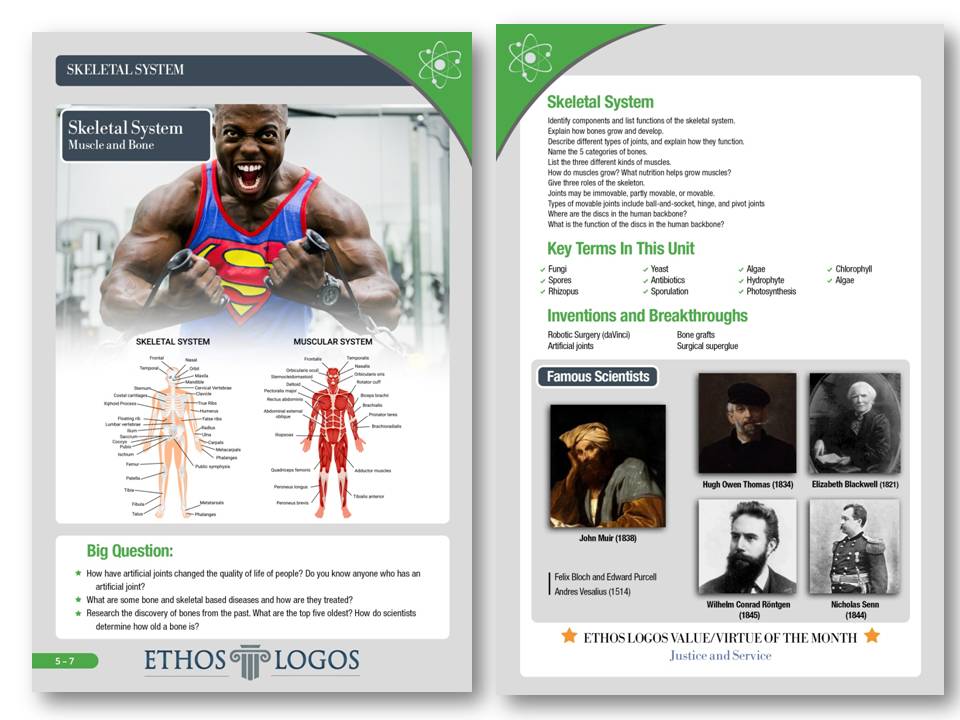
The Arts
Great Musicians and Artists
Appreciate The Good, True, and Beautiful
Instruction in visual and performing arts is a core part of a Classical Education in the Medici Classical program. Beginning in Grammar School, students are exposed to the masterworks of art and music. They learn about the artists and composers, their time, and their impact on humanity. Grammar students begin the hands-on learning of the basics of concepts that will follow them all through their education. When students reach the Logic and Rhetoric Schools, the emphasis is on photography, 3D art, painting, music theory, and choir. Masterwork continues as students practice the concepts they have learned all leading to a deep appreciation of the GOOD, TRUE and BEAUTIFUL.
Art and Music in a Classical school also integrate with subjects such as history or science. In the Logic and Rhetoric Schools, Art and Music often overlap with history and literature. In these classes, students begin to learn the various periods of art and music history as well as artists and composers and their major works. Ethos Logos high school arts move to the advanced choir, orchestra were demanded, and theater and performing arts. (Artist and Musicians in Classical Education – VIDEO)
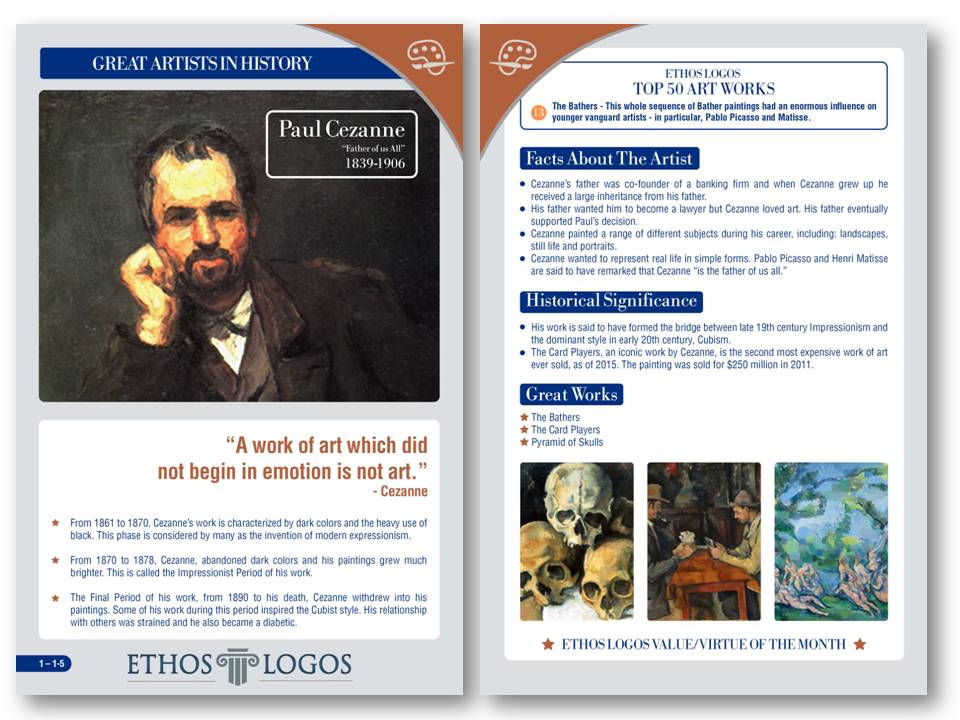
50 Top Artists and 25 Top Musicians In History
Each semester (5 units) we focus on one musician and one artist that left a lasting imprint on history. These artists and musicians span time. We provide curriculum cards for each of the artists, musicians, and time periods. We organized the top 25 and outline on each card, where that particular artist lands in the top 25. We identify their most famous life’s work and some interesting facts about their lives, their genera or impact on the world.
Adding it all together, a year or complete grade worth of cards will include 100 to 100 cards. Each numbered and coded for easy navigation. Packages are available on our web site for a full grade worth of curriculum cards or individually themed packages like US Civics, or Great Men and Women of History.
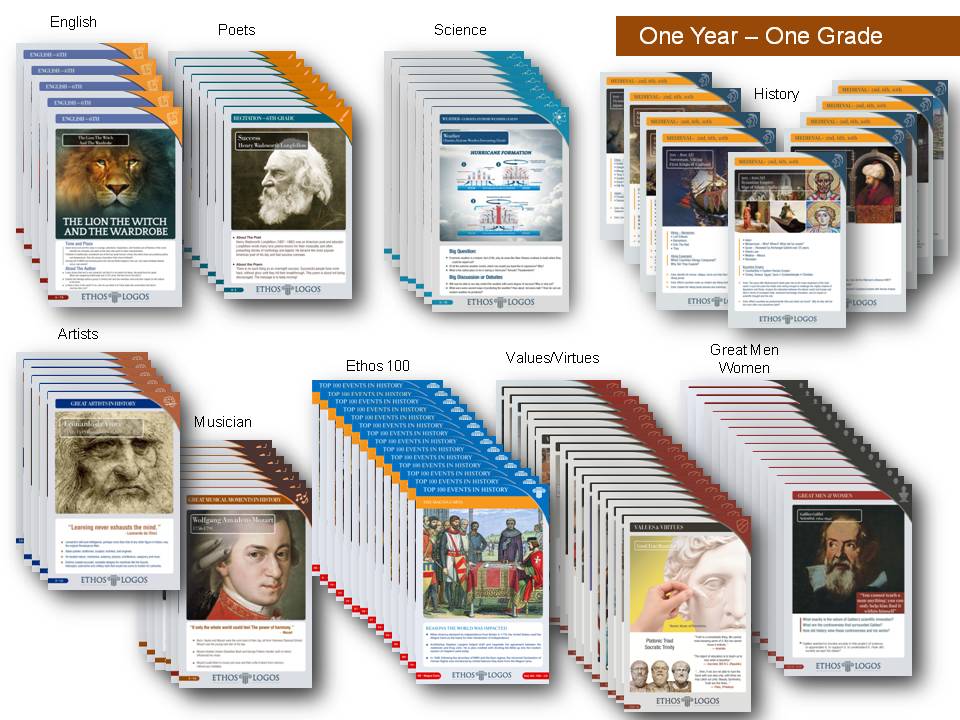
Digital Support to Medici Classical
Behind the Unit Cards and workbooks is a full digital support platform that will guide your family through each subject, each grade on a day-by-day basis. We built out this platform using a learning management system (LMS) specifically used in American schools. (Digital Resources Curriculum Resource Introduction – VIDEO and Digital Resources A Tour – VIDEO)
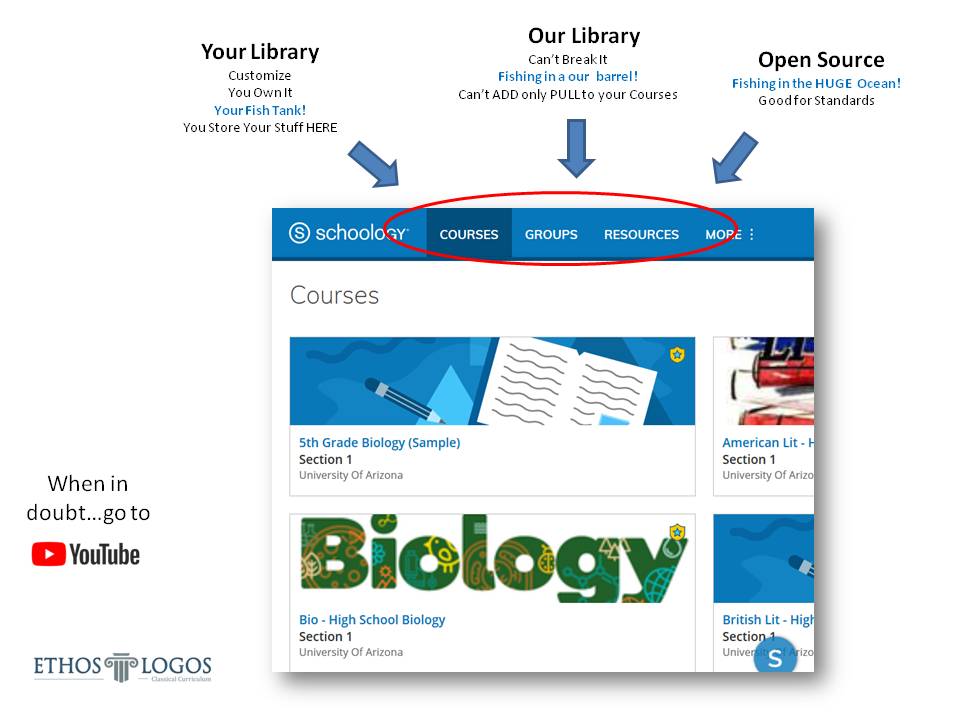
Using the LMS, we provide you with a course code. Once you enter the course code into your digital login, you can access a library full of resources that help you to teach a particular unit. Each month, you will receive the months worth of course codes for:
History
English
Math (Saxon)
Science
Artists
Musicians
Values and Virtues
Once you have the class code, you enter the code into your library, and then you can pull over all the resources we’ve put together to teach a particular month-long unit. These resources have been built over years of classroom experiences. We provide you with a series of folders, lessons, prompts, quizzes, and powerpoints or videos to first introduce a topic or subject to your scholar, then create assignments that allow them to research and dig deeper into subjects.
Not Faith-Based But Faith Friendly
The Medici Classic Curriculum was built and designed for use in American public schools. Many of our curriculum drafters are faith-based and many are not. We all understand what it takes to be successful in American public education and have the goal of partnering with our families in the classrooms or in the home school setting. The homeschool community is democratically wide and includes atheists, Christians, and Mormons and conservatives, libertarians, and liberals; low, middle, and high-income families; black, Hispanic, and white; parents with Ph. D.s, GEDs, and no high school diplomas. We don’t care what your background is, we are here to help you be successful in preparing your child for the future.
You chose to homeschool because you want to control influences on your child’s life. We respect that and allow you to fully customize any and all of our curriculum offerings. The classical novel selection has been curated to ensure language and themes are age-appropriate and science units are presented so that you can review and discuss both sides of issues or topics that may align differently with specific family beliefs. Muslim, Christian, Jewish, Hindu, Buddhist, each of your belief systems is personal and important to you and your family. Our goal is to respect and present topics in a fairway.
Ensure Your Child Is On Track And Prepared
Underling, all the content, lesson plans, digital and print materials are standards that are clearly laid out for the homeschool family and the classroom teacher alike. We listened to our homeschool families and heard that they were concerned that their child was on track with their peers in public schools. By building out our monthly by month, week by week, and day by day instructional plan you can easily see how your child is doing against others in their grade level in your state and nationally. You chose homeschooling because of the flexibility, Medici Classical honors that choice and provides you with options to assess for standards at each grade level, or not.
Teachers in a Classical Education System
Teachers and staff see themselves not just as educators, but as students too. Like all good schools, we focus on the technical aspects of education from lesson planning, student engagement, and the latest in brain research. But what is different in our Classical schools is that teachers put an intentional effort into going beyond standards and tests, to focus on the whole child learning experience. Our teachers work toward exposing our scholars to the values and virtues that accompany ideas and concepts. When teachers join us, we have to almost “unlearn them” from the conditioning of their past. 80% of teachers choose their profession to make a difference in the lives of children, yet most have been so focused on high-stakes testing that the big discussions that help develop character take a back seat. In our schools, we help our instructional staff slow down, go deep, and have those impactful moments that connect emotionally. (Teacher Hiring and Training VIDEO)
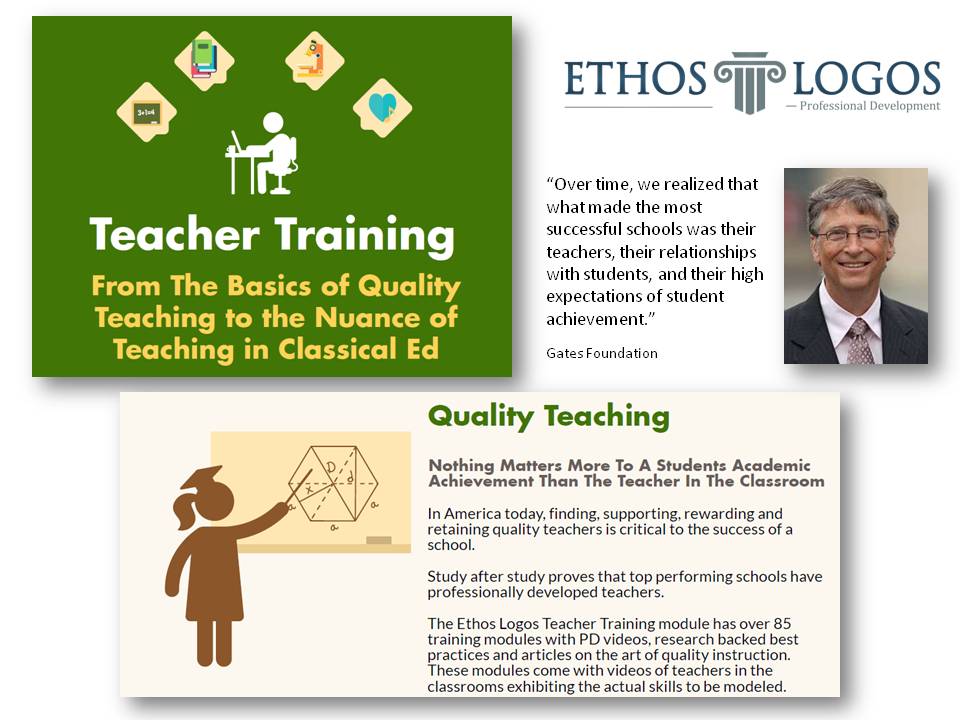
We look for and encourage our teaching staff to be LIFE LONG LEARNERS. Like Doctors or Lawyers, Teachers are professionals that are forever perfecting their craft. A lifelong pursuit of learning and improving our professional skills are a prerequisite to teaching in one of our schools.
We invest heavily in PROFESSIONAL DEVELOPMENT (PD). Our PD Director oversees the professional growth of all of our teachers — from on-site PD Coaches to Principals that were sought out for their academic leadership and on down to intentional mentor groups and small teams that support each other. We have created virtual platforms to share lessons and best practices across campuses with other grade-level instructors. Think of it as a Facebook group for 200+ 4th-grade teachers from around the US, all on the same team. No longer are teachers alone and siloed off in their classrooms.
Our PD Department has created monitoring tools that give us feedback on how the teachers are advancing in their profession. All our leaders are calibrated to understand what is expected and what good Classical teaching looks like. We provide our professional teachers with virtual training where they can watch our top instructors demonstrating a particular technique in a live classroom. Our training also involves job-embedded training, one on one coaching, and a mentorship program that allows seasoned teachers to help newer colleagues. We exercise GRACE but have clear BOUNDARIES for all our staff, just like we expect them to model these traits in the classroom. The practice of teaching, like the practice of other professions, is a lifelong endeavor and we help teachers get a little better every day.
Our teachers work hard, plan hard, have fun and share with each other their best practices. Behind the scenes, we have built out a cloud-based curriculum resource that puts Classical and Standards-aligned curriculum lesson plans and resources together that can be customized to match the teacher and their particular style. I like to equate the curriculum offerings to a MENU and a BUFFET. The menu is at the teacher’s disposal, to cover a particular day/week or month-long unit, or they can visit the buffet and choose from thousands of resources to make their instruction impactful. We have built out EXIT TICKETS which give a teacher (and parent) the big ending targets for History, Art, Music, English, and Science. How each teacher gets there is up to their professional judgment.
The Power of Teachers in Character Education
Ask most teachers why they chose the profession of teaching and undoubtedly you will hear their desire to impact individual students and their communities. Study after study including a recent survey of 3,000 teachers, (Ni and Rorrer, 2018) show that results point to the three areas that rise to the top for the WHY of a teacher.
Desire to make a worthwhile difference in the lives of children (85%)
Desire to contribute to the greater societal good (70%)
Experience working with children/young adults (64%).
The Ethos Logos Character Program is designed to tap into the WHY a teacher chose their profession, perhaps rekindle the love of teaching in those that have been too focused on standards and testing, and tap into the power of great stories that have been the basis for passing ideas from one generation to another for millennia. The Ethos Logos Character Program provides a buffet of tools, aligned to the classroom curriculum of instruction in core content areas that help teachers to deliver quality character education. In addition to the resources, a comprehensive training and delivery system for classroom and school-wide character development is embedded in all the Ethos Logos Character Program offerings.
We Operate Top Rate Classical Charter Schools
The Medici Classical Curriculum platform was built and perfected in classrooms. After years and years of experience, what emerged is the K12 platform that we are now sharing with homeschool families. Day by day granularity or wide themes that you can fill in as you see fit. We can now deliver print and digital products that help your family receive the same high-quality instruction that occurs in top schools.
 As you learn more about our program you’ll find that we’ve addressed a number of the issues that home school parents are struggling with. We’ve built our subjects with the home school mom in mind. Whether you are brand new or a seasoned teacher, we’ve made our curriculum delivery plan both specific and day by day and wide enough for you to use our resources and create your own educational story. No two children are alike and only you know the unique interests of your child, by making our curriculum offerings flexible you can find what your child is interested in and nourish those interests with content that goes way above and beyond a standard textbook.
As you learn more about our program you’ll find that we’ve addressed a number of the issues that home school parents are struggling with. We’ve built our subjects with the home school mom in mind. Whether you are brand new or a seasoned teacher, we’ve made our curriculum delivery plan both specific and day by day and wide enough for you to use our resources and create your own educational story. No two children are alike and only you know the unique interests of your child, by making our curriculum offerings flexible you can find what your child is interested in and nourish those interests with content that goes way above and beyond a standard textbook.
A Tour Through One Of Our Schools
When you walk into one of our Medici Classical schools you will notice something different. From a happy staff member greeting you at the front desk to busy scholars in the hallway holding open the door for adults. Ask a scholar what makes us different and you’ll hear a heartfelt story about a teacher that made a connection, or a project in art, or about friends on the playground. Stop a parent and you’ll hear a story about how their child likes school again or the lively dinner table conversations about a time in history that made an impact.
The trademark of all our supported schools is a TEACHER that loves and is passionate about kids, SCHOLARS that work hard while having fun, and PARENTS that are partners on our scholar’s academic journey. (What Is Classical Education – VIDEO)
At every level of our organization, we model service above self as defined by Robert Greenleaf’s work from 1977, Servant Leadership. In practice, this means that from the CEO to our custodians and from our Teachers to Principals, we strive for a culture that focuses on how we can help others. Each team member wakes up with the singular goal of preparing our scholars for what lies ahead. Can you think of any bigger job?
Charlotte Mason Influence
When you think about Classical Education there are some consistencies across most campuses:
The stages of learning (Trivium),
An intentional focus on character education
A priority on the arts and an appreciation of the Good, True, and Beautiful
A canon of novels based on time tested stories
But in our model, we blend the ideas of a 19th-century education pioneer, Charlotte Mason, into the essence of how we deliver instruction.
Our schools are a blend of rigorous Classical Education found in many private schools and the Charlotte Mason influences adopted by Home School families around the US. It’s nuanced but important, the Charlotte Mason influence adds living books, nature study, and a belief that scholars are adults becoming. The blend is a concentration on academic rigor and character development all the while keeping the learning environment focused on the students and FUN.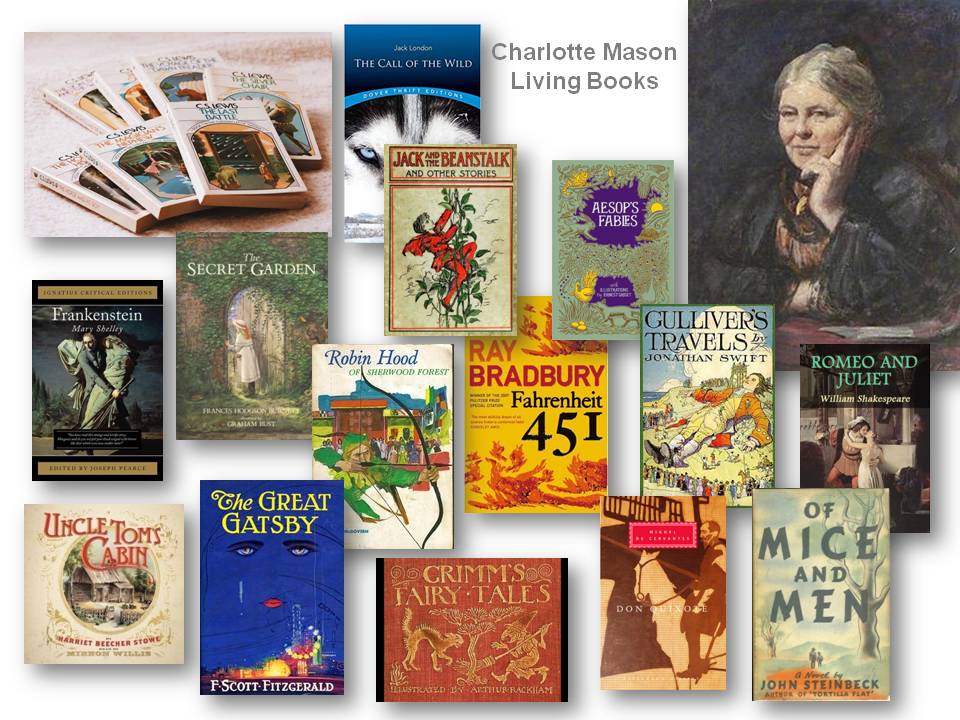
The Charlotte Mason influence focuses on the students as adults becoming and two key ideas that our schools embed into the Classical model are “Education is an atmosphere, a discipline, a life” and “Education is the science of relations.” Her motto for students was “I am, I can, I ought, I will.”
Mason coined the phrase “living books that spark the imagination of the child through the subject matter.” I know that this concept can be nuanced to you as a parent but the best way I can surmise the blend of our model between Classical and Charlotte Mason is that the Classical element is the black and white photo of an Ansell Adams and the Charlotte Mason is the vibrant pallet of a Monet. Both are masterpieces. The combination of the two complements each with the other and has overlapping mastery, but very different styles.
Both Charlotte Mason and Classical Education have been top choices for home school families and private Christian schools for over 100 years. The Ethos Logos platform has simplified, combined, and packaged the two educational models into one easy to follow plan.
A School That Is Based on Relationships
We are schools built on RELATIONSHIPS. The reason we believe that we have been so successful is that we are rooted in the works of Dr. Rudolf Dreikers and Dr. William Glasser whose research demonstrated that issues and conflicts in a school or a family come down to a breakdown in relationships.
We understand that the most impactful part of our school is the TEACHER in the classroom and we invest heavily in their professional growth. Our mission is to PARTNER with our PARENTS because we understand that you are the primary educator in your child’s life. As a school of choice, we know who we are and what we stand for.
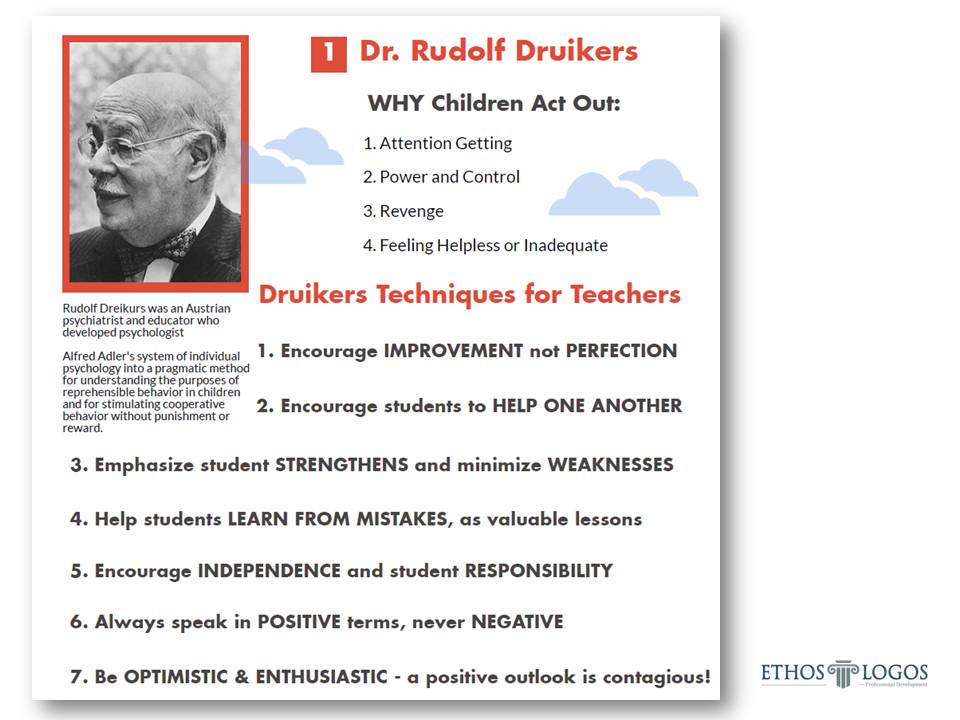
At our campuses, we are proud to be educational leaders modeling what we expect from our students. We want our students to focus on learning as a process, to enjoy the discovery, to wrestle with the big ideas. Our schools should always feel safe and encourage scholars to take risks, to practice curiosity and compassion.
We are committed to building a diverse, inclusive school where all people have the opportunity to develop their voices and not only feel recognized, but valued. Perhaps most importantly, we are dedicated to graduating good citizens who are well prepared for college and the challenges of tomorrow’s world. Nothing gives me more joy than speaking with parents about the changes in their children because of the impact a Teacher, Principal, or our model has had on their family.
I invite you to contact our Admissions team at any of our Ethos Logos supported campuses to arrange a visit. You will find a warm community of active, dedicated learners ready to welcome you and your children.
Our foundations for culture and our approach to discipline are built on the works of Adlerian psychologists, Dr. Rudolf Dreikers and Dr. William Glasser. Their work focused on the root causes of discipline issues, the role of choices to encourage desired outcomes and a pursuit of excellence — but with consequences. We look at mistakes as learning opportunities and work closely with families to ensure we are aligned in our focus.
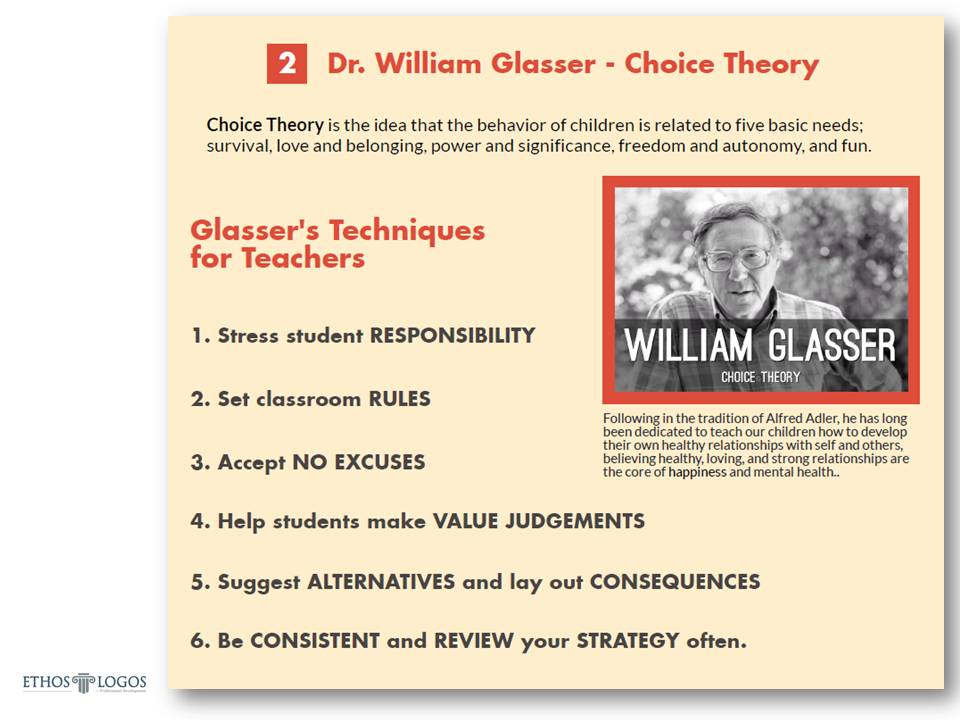
To cultivate a student’s character it becomes clear that we must focus on every aspect of a student’s experience on campus. From the way the staff communicates with the students, the dress code, the paint, and posters on the wall, the activities during recess, the way technology is integrated, the school assemblies, and the way students transfer orderly through the hallways, all reflect on what is important. Our school leadership must focus on academic standards and social-emotional learning in order to prepare their students for the world.
Everything the school does teaches something.
Everything the school does is educational.
All decisions, policies, curriculum, and all details of the school’s life should constantly be reviewed through the lens of teachable moments.

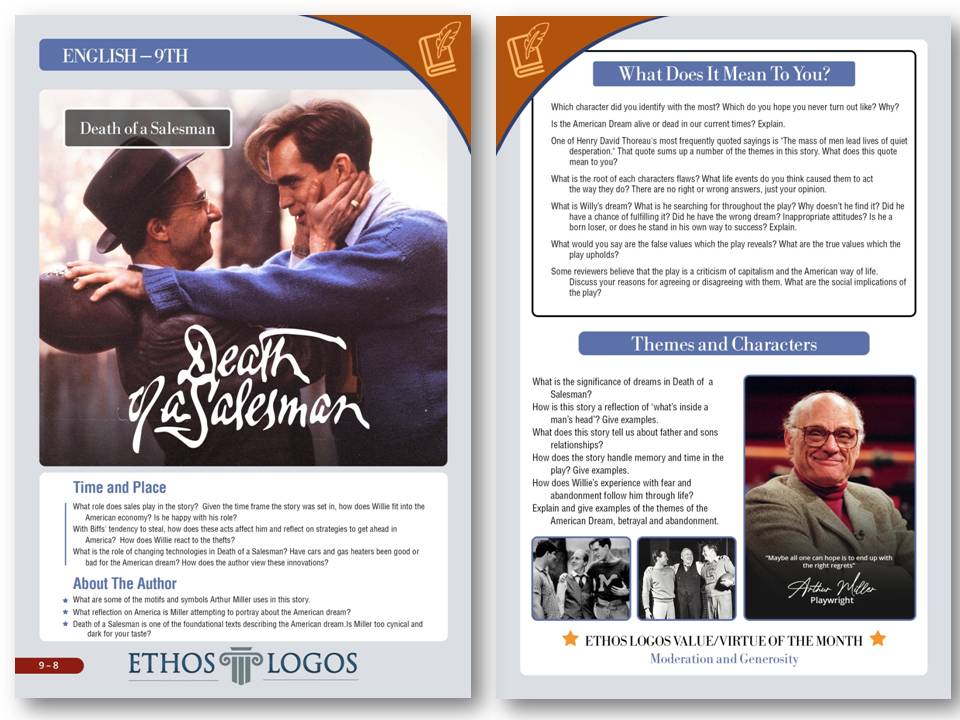
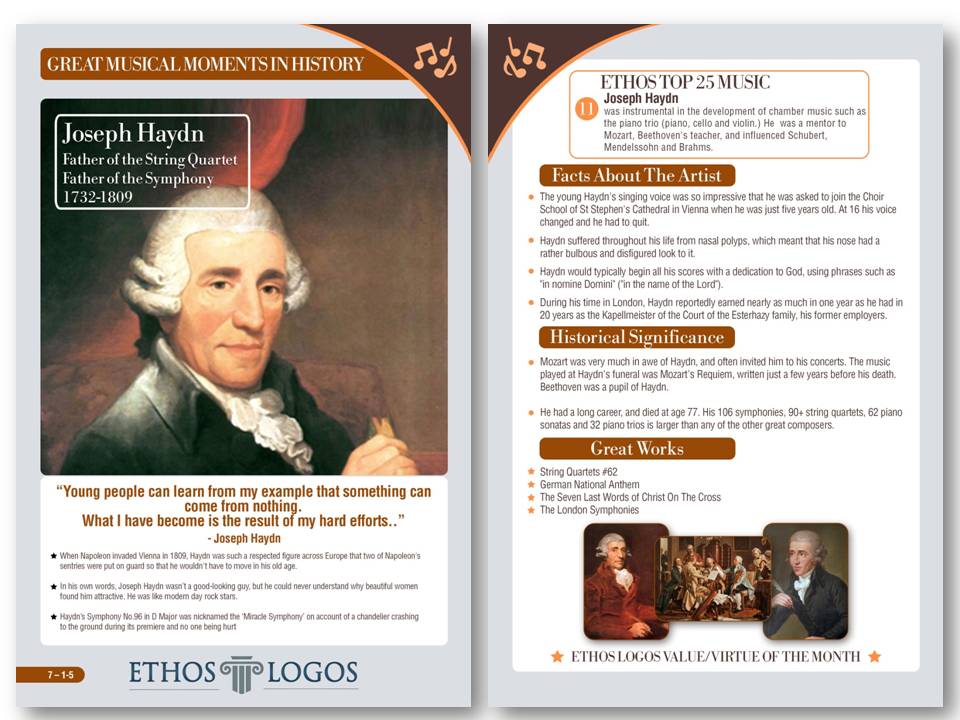
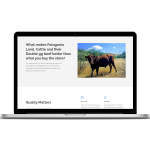
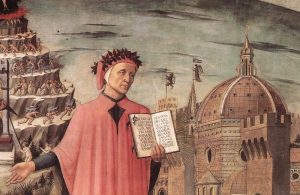 My journey from entrepreneur to politics to education has helped me see the world from many different angles. The journey from success to failure has made me do some soul searching and the humbling experiences have caused me to pause and ask, what’s the meaning of life?. I’ve blogged and detailed where I think we are as a society. A deep dive into history and the rise and fall of civilizations start to paint a picture of where we are heading. (See
My journey from entrepreneur to politics to education has helped me see the world from many different angles. The journey from success to failure has made me do some soul searching and the humbling experiences have caused me to pause and ask, what’s the meaning of life?. I’ve blogged and detailed where I think we are as a society. A deep dive into history and the rise and fall of civilizations start to paint a picture of where we are heading. (See 
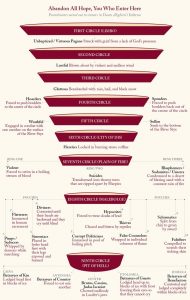
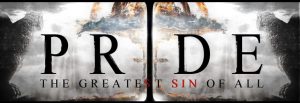 Pride (Latin,
Pride (Latin, 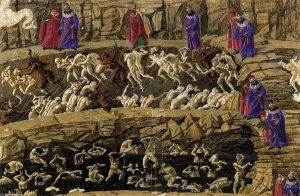
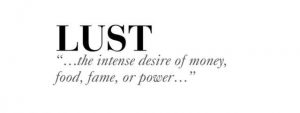 Lust, or lechery (Latin, “luxuria” (carnal)), is intense longing. It is usually thought of as intense or unbridled sexual desire,
Lust, or lechery (Latin, “luxuria” (carnal)), is intense longing. It is usually thought of as intense or unbridled sexual desire,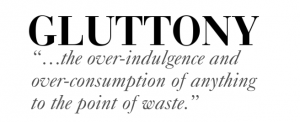 Gluttony (Latin,
Gluttony (Latin,  Greed (Latin,
Greed (Latin, 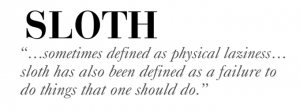 Sloth (Latin, tristitia or
Sloth (Latin, tristitia or 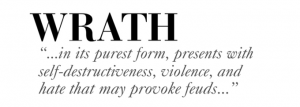 Wrath (Latin,
Wrath (Latin, 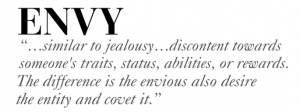 Envy (Latin,
Envy (Latin, 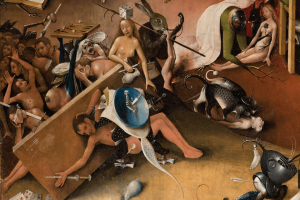 Lust, of course, is Tinder. That’s easy. In Dante’s Inferno, a source of much seven-deadly-sin apocrypha, lustful souls are blown around forever like they’re stuck in a hurricane. Today they would be condemned to a similar cyclone—to swipe right forever but never get a match.
Lust, of course, is Tinder. That’s easy. In Dante’s Inferno, a source of much seven-deadly-sin apocrypha, lustful souls are blown around forever like they’re stuck in a hurricane. Today they would be condemned to a similar cyclone—to swipe right forever but never get a match.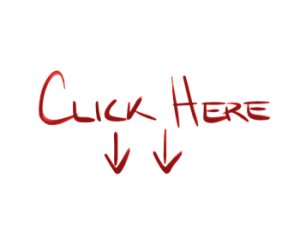
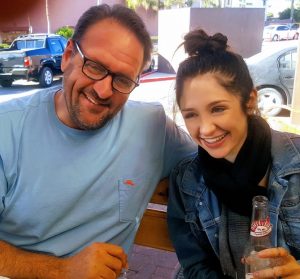
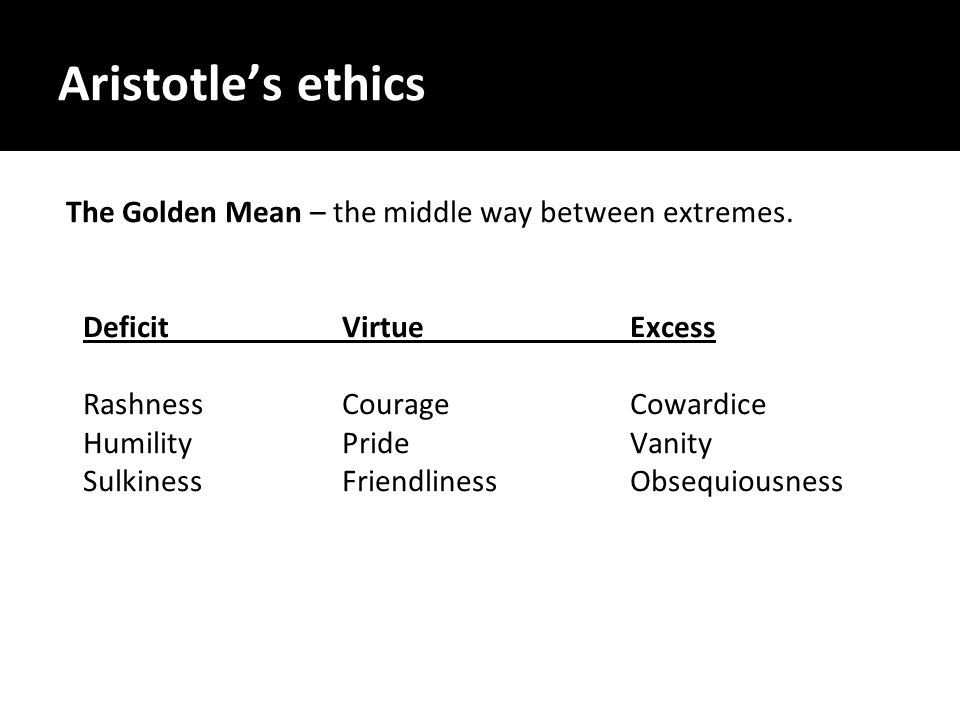
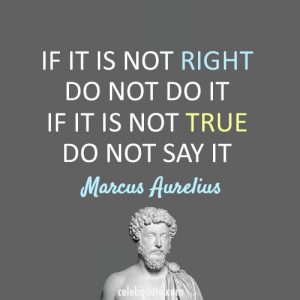
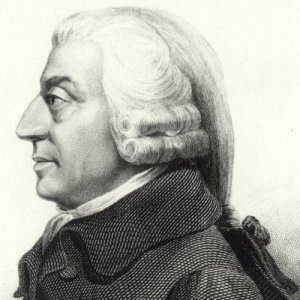 The Stoics impacted history! In The Theory of Moral Sentiments,
The Stoics impacted history! In The Theory of Moral Sentiments,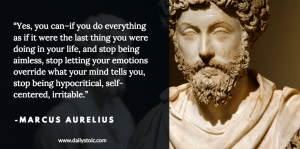 The First
The First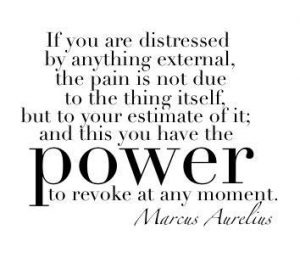 2. Every Man Should Take Lessons from Everyone Around Him
2. Every Man Should Take Lessons from Everyone Around Him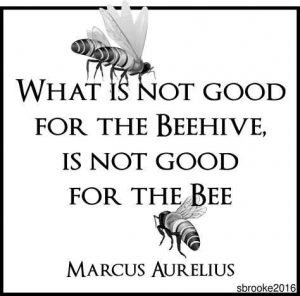
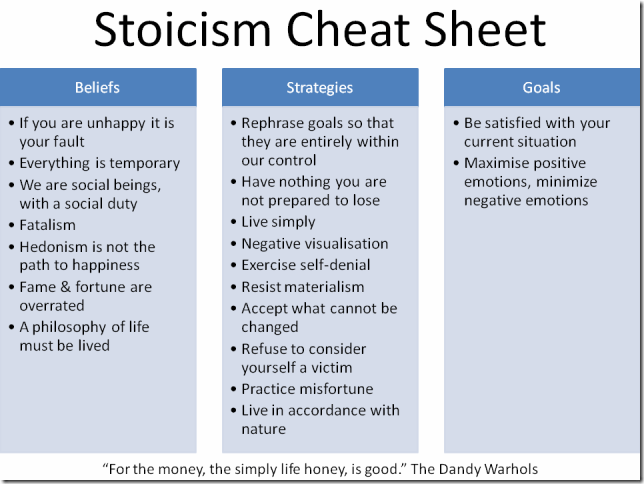
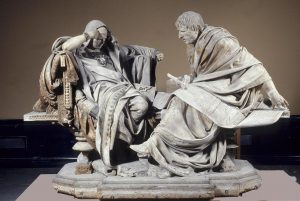
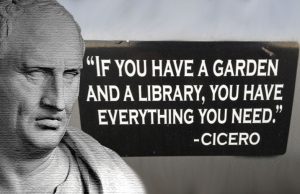
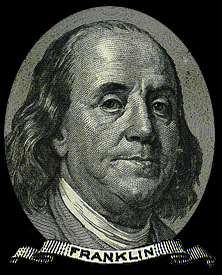 FEE
FEE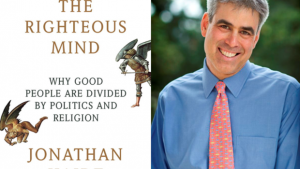 Jonathan Haidt is looking closely at society and how things evolve.
Jonathan Haidt is looking closely at society and how things evolve.  The power of money and ideas – This interview explains Charles Koch’s move from business to the business of funding of ideas. Listen to his move from scholarships to professors to think tanks to state and national politics. This story is about the power of ideas to change the world. Q: “Why do you care so personally about shaping the history of mankind?” About 24:00 in, Koch explains his motivations.
The power of money and ideas – This interview explains Charles Koch’s move from business to the business of funding of ideas. Listen to his move from scholarships to professors to think tanks to state and national politics. This story is about the power of ideas to change the world. Q: “Why do you care so personally about shaping the history of mankind?” About 24:00 in, Koch explains his motivations.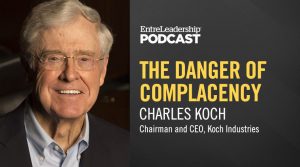 Charles Koch argues that the biggest threats to America these days are special interests, cronyism, and corporate welfare. Which may seem strange if you think of a corporate CEO, like Koch, as a beneficiary of those things. He also argues that our political system has turned into a dumpster fire, with both parties guilty of
Charles Koch argues that the biggest threats to America these days are special interests, cronyism, and corporate welfare. Which may seem strange if you think of a corporate CEO, like Koch, as a beneficiary of those things. He also argues that our political system has turned into a dumpster fire, with both parties guilty of 
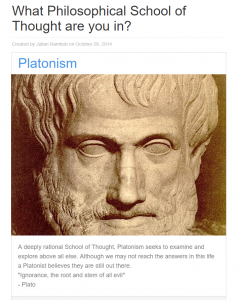
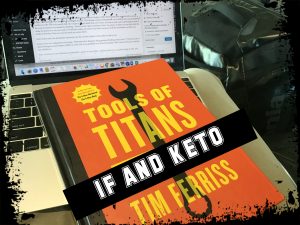 1. There are two parts to self-improvement
1. There are two parts to self-improvement
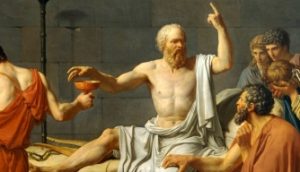 Aristotle on Why Things Are;
Aristotle on Why Things Are;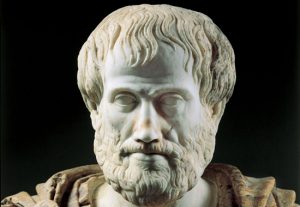
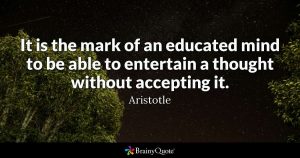 In conclusion, let me return to the two initial citations that are found at the beginning of these reflections. The first concerns the mind that is found in each member our kind. It is because we have minds that we can worry about, wonder about, what is out there, what is not ourselves. And we can not only pay attention to it, but we can see its diversity and its unities. But we know with our mind not only what is not ourselves, but also the possibility that we can change, reshape many things. We even suspect that we can and should use things that are just there through no contribution of our own. Indeed, it suggests that the uninhabited world was in fact meant to be inhabited. It was meant to provide a place for a being that knew and acted. In so doing, it revealed his soul.
In conclusion, let me return to the two initial citations that are found at the beginning of these reflections. The first concerns the mind that is found in each member our kind. It is because we have minds that we can worry about, wonder about, what is out there, what is not ourselves. And we can not only pay attention to it, but we can see its diversity and its unities. But we know with our mind not only what is not ourselves, but also the possibility that we can change, reshape many things. We even suspect that we can and should use things that are just there through no contribution of our own. Indeed, it suggests that the uninhabited world was in fact meant to be inhabited. It was meant to provide a place for a being that knew and acted. In so doing, it revealed his soul. Fisker patents radical ‘solid state battery’ it claims can power a car for 500 miles and recharge in a MINUTE
Fisker patents radical ‘solid state battery’ it claims can power a car for 500 miles and recharge in a MINUTE What are the likely contenders for the power source of the future? Here are our picks for the top lithium-ion alternatives.
What are the likely contenders for the power source of the future? Here are our picks for the top lithium-ion alternatives.
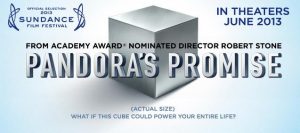 Speaking of alternative energy – still a big fan of nuclear – check out
Speaking of alternative energy – still a big fan of nuclear – check out  Much safer – No risk of environmental radiation contamination or plant explosion (e.g., Chernobyl, Fukushima, Three Mile Island)
Much safer – No risk of environmental radiation contamination or plant explosion (e.g., Chernobyl, Fukushima, Three Mile Island)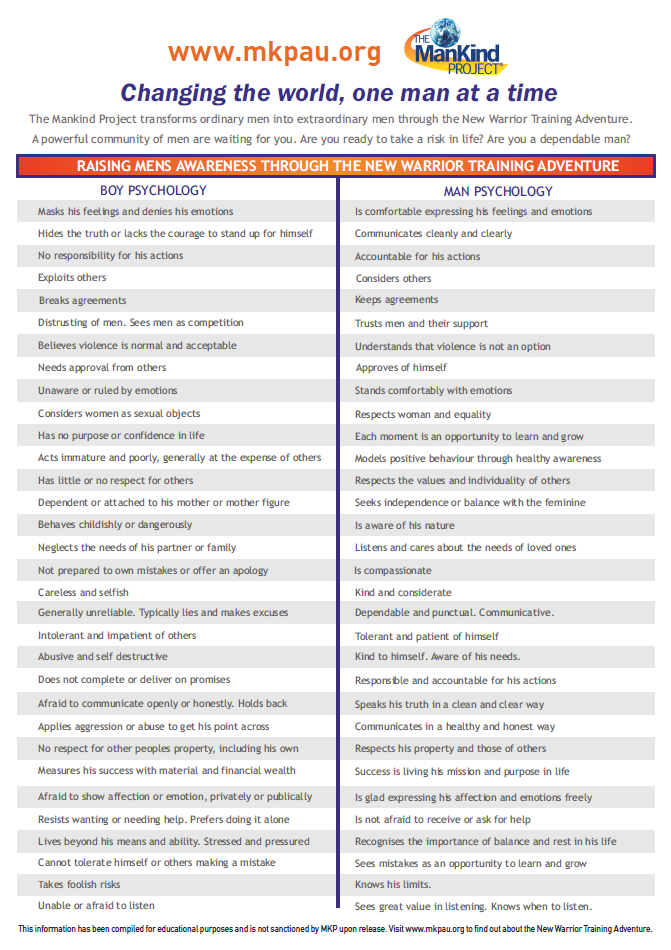 Throughout ancient times there are numerous rights of passage from childhood to manhood. These journeys are ceremonial and a part of society evolving leaders. In our day and age, I find broken men that have spent the energy to learn about their motivations fascinating. The men that I respect and am drawn to have gotten in touch with their shadows through, faith (typically born again more so than Catholic), addiction recovery, career military and in particular Marines, divorces where a man loses everything, business loss or any other event that forced the man to shake their beliefs to their very core. Through my work in Mankind Project I did the hard work, continue to dig into who I am and I’ve learned that many men are struggling to know who they are. Becoming aware of your ‘shadow’ or that part of you that is deeply buried and shows up to sabotage what is good, true and beautiful is the first step, understanding how the shadow part of our nature shows up in our lives is an ever happening journey. I’ve invited 8 men to the
Throughout ancient times there are numerous rights of passage from childhood to manhood. These journeys are ceremonial and a part of society evolving leaders. In our day and age, I find broken men that have spent the energy to learn about their motivations fascinating. The men that I respect and am drawn to have gotten in touch with their shadows through, faith (typically born again more so than Catholic), addiction recovery, career military and in particular Marines, divorces where a man loses everything, business loss or any other event that forced the man to shake their beliefs to their very core. Through my work in Mankind Project I did the hard work, continue to dig into who I am and I’ve learned that many men are struggling to know who they are. Becoming aware of your ‘shadow’ or that part of you that is deeply buried and shows up to sabotage what is good, true and beautiful is the first step, understanding how the shadow part of our nature shows up in our lives is an ever happening journey. I’ve invited 8 men to the  Blessed is how I look back on my childhood. I was born in a small town in Wisconsin at a time when the center of America was the small town and the idyllic life depicted in Norman Rockwell’s portraits of America was my backyard. Our town had a couple stop lights and is made up of multi-generation German, Norwegian or Irish families. The wealthiest family owned the John Deere dealership and everyone knew each neighbor and their kids and their grandparents. One of the chapters in my book on the Decline of America relates to the ramifications surrounding the decline in farming and the rural community and the flight into the cities. The shift clearly had economic impacts but more importantly, the disruption of families and small-town communities left America worse off.
Blessed is how I look back on my childhood. I was born in a small town in Wisconsin at a time when the center of America was the small town and the idyllic life depicted in Norman Rockwell’s portraits of America was my backyard. Our town had a couple stop lights and is made up of multi-generation German, Norwegian or Irish families. The wealthiest family owned the John Deere dealership and everyone knew each neighbor and their kids and their grandparents. One of the chapters in my book on the Decline of America relates to the ramifications surrounding the decline in farming and the rural community and the flight into the cities. The shift clearly had economic impacts but more importantly, the disruption of families and small-town communities left America worse off.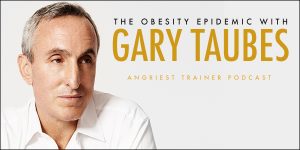
 I’m starting compiling notes on the philosophies I subscribe to as a business leader. Over my career, I’ve worked with hundreds of staff members and continue to learn each day on how to better lead my organizations. Following is an outline of what could someday be a book on business leadership:
I’m starting compiling notes on the philosophies I subscribe to as a business leader. Over my career, I’ve worked with hundreds of staff members and continue to learn each day on how to better lead my organizations. Following is an outline of what could someday be a book on business leadership: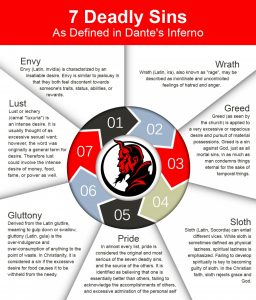 It’s important to know that these negative virtues are part of the human condition. Throughout history, people, societies, and countries have become out of balance with the deadly sins to their detriment.
It’s important to know that these negative virtues are part of the human condition. Throughout history, people, societies, and countries have become out of balance with the deadly sins to their detriment. I’ve been an entrepreneur for over 30 years. There a number of analogies I use to explain what it’s like to do what I do. Skydiving without a parachute is sometimes what it feels like or Cortes in 1519 that landed in Veracruz and burned the ships to ensure total commitment to his adventure.
I’ve been an entrepreneur for over 30 years. There a number of analogies I use to explain what it’s like to do what I do. Skydiving without a parachute is sometimes what it feels like or Cortes in 1519 that landed in Veracruz and burned the ships to ensure total commitment to his adventure.
 (This article refers to investing in gold mining but the ideas apply on …
(This article refers to investing in gold mining but the ideas apply on …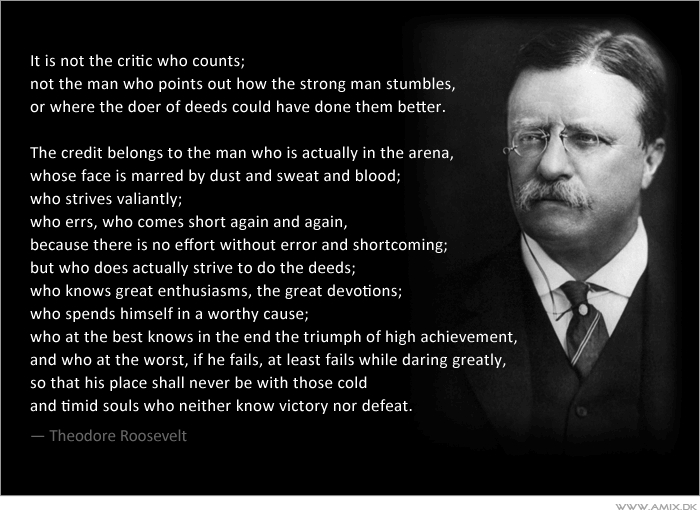
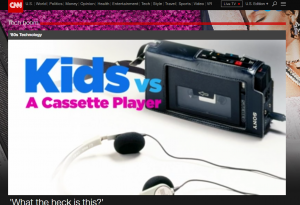 I grew up in the 1980’s. Grandson of a Butcher, the son of a Butcher, a transplant to Arizona via Wisconsin. Our entire family and community where JFK Democrats. From an early age, I identified with the Republican philosophies and with a huge streak to chart my own course as an entrepreneur. I grew up on Reagan and American exceptionalism. Check out the CNN 80’s series to get a sense of the time that formed who I am.
I grew up in the 1980’s. Grandson of a Butcher, the son of a Butcher, a transplant to Arizona via Wisconsin. Our entire family and community where JFK Democrats. From an early age, I identified with the Republican philosophies and with a huge streak to chart my own course as an entrepreneur. I grew up on Reagan and American exceptionalism. Check out the CNN 80’s series to get a sense of the time that formed who I am.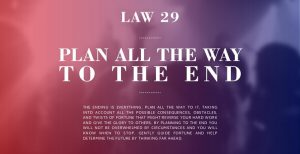 I read Robert Greene’s book, 48 Laws of Power and got a lot out of it. After listening to his life story, I want to dig into his new Mastery. I’ve referenced Malcolm Gladwell and his books about what separates common from great, it sounds like Mastery will be right up my. ally! This is a great interview that explains, once again, my theory that without understanding your own emotional motivations you will be short lived as a leader. Give it a listen.
I read Robert Greene’s book, 48 Laws of Power and got a lot out of it. After listening to his life story, I want to dig into his new Mastery. I’ve referenced Malcolm Gladwell and his books about what separates common from great, it sounds like Mastery will be right up my. ally! This is a great interview that explains, once again, my theory that without understanding your own emotional motivations you will be short lived as a leader. Give it a listen. Stephen L. Gomes, Ph.D.
Stephen L. Gomes, Ph.D. If you haven’t stumbled across Doug Casey, I highly recommend that you dig in. Casey owns Casey Research and wrote a book called International Man back in the 70’s. His theory was that as an entrepreneur we need to find markets. Sometimes, those markets aren’t in your country, aren’t very well known and aren’t where the heard is. He is able to use history and politics to predict future markets and he is extremely matter of fact about his analysis. Read his book,
If you haven’t stumbled across Doug Casey, I highly recommend that you dig in. Casey owns Casey Research and wrote a book called International Man back in the 70’s. His theory was that as an entrepreneur we need to find markets. Sometimes, those markets aren’t in your country, aren’t very well known and aren’t where the heard is. He is able to use history and politics to predict future markets and he is extremely matter of fact about his analysis. Read his book, 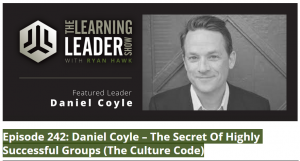
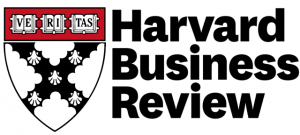 HERE’s
HERE’s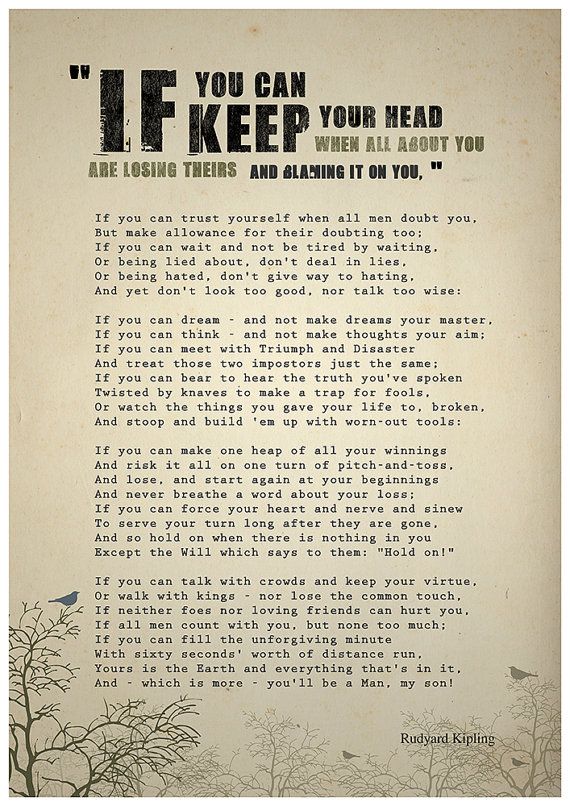
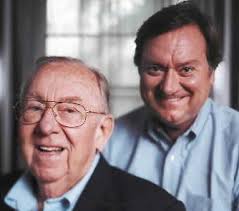 An amazing archive interview from Diane Rheem with Tim Russert. This book and Tim’s explanation of his Dad is powerful. Big Russ grew up in the Depression and is from the silent generation. Here’s Tim explaining his Dad, Big Russ. So for my Dad, my Granddads and to hopefully be the Dad in that models the Big Russ life.
An amazing archive interview from Diane Rheem with Tim Russert. This book and Tim’s explanation of his Dad is powerful. Big Russ grew up in the Depression and is from the silent generation. Here’s Tim explaining his Dad, Big Russ. So for my Dad, my Granddads and to hopefully be the Dad in that models the Big Russ life. Want to know how bad the problem really is? You can point to
Want to know how bad the problem really is? You can point to  Spent the weekend up in Phoenix and all over the radio, on billboards and in print magazines I saw ads for the UofA MBA program……why? Hint, it’s where people can afford and can benefit from a Masters in Business.
Spent the weekend up in Phoenix and all over the radio, on billboards and in print magazines I saw ads for the UofA MBA program……why? Hint, it’s where people can afford and can benefit from a Masters in Business.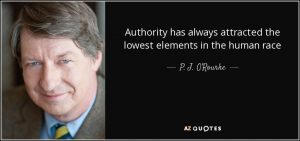 This episode of EconTalk is being recorded in front of a live audience in Washington, D.C. in honor of the 40th Anniversary of the Cato Institute. Our topic is the past, present, and future of liberty. And to talk about it we have three special guests, David Boaz…, P. J. O’Rourke…, and George Will…. So, I want to start with the state of liberty in America. Is the glass half full or half empty? David, why don’t you lead us off?
This episode of EconTalk is being recorded in front of a live audience in Washington, D.C. in honor of the 40th Anniversary of the Cato Institute. Our topic is the past, present, and future of liberty. And to talk about it we have three special guests, David Boaz…, P. J. O’Rourke…, and George Will…. So, I want to start with the state of liberty in America. Is the glass half full or half empty? David, why don’t you lead us off?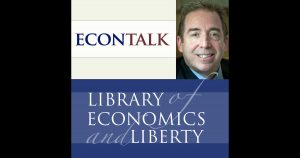 Another podcast I enjoy is EconoTalk with Russ Roberts. He and Tyler Cowen (to some degree Malcolm Gladwell and the team at Freakonomics) help take complex subjects, package them in palatable terms and deliver them to us listeners. This week, Russ interviewed
Another podcast I enjoy is EconoTalk with Russ Roberts. He and Tyler Cowen (to some degree Malcolm Gladwell and the team at Freakonomics) help take complex subjects, package them in palatable terms and deliver them to us listeners. This week, Russ interviewed 
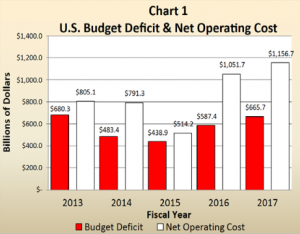
 What I expect to happen before then, is a lot of war speaking/threats/trade wars – high trariff or scrap previously made trade agreements around China/Russia area and political/small-scale wars around countries that are within China/Russia’s orbit, and countries with a lot of resources (oil, and minerals — North Korea and Afghanistan have trillions of UNMINED mineral as well, look it up). This is done to provoke war, world war. Many of grand-scale wars in the past took place at this junction, as it is the last move in the playbook to hold on to the influence by an impire. However, we now have an alternative. No war is needed. Life adjustment will be at the minimal worldwide.
What I expect to happen before then, is a lot of war speaking/threats/trade wars – high trariff or scrap previously made trade agreements around China/Russia area and political/small-scale wars around countries that are within China/Russia’s orbit, and countries with a lot of resources (oil, and minerals — North Korea and Afghanistan have trillions of UNMINED mineral as well, look it up). This is done to provoke war, world war. Many of grand-scale wars in the past took place at this junction, as it is the last move in the playbook to hold on to the influence by an impire. However, we now have an alternative. No war is needed. Life adjustment will be at the minimal worldwide.  Every countries can come out a winner but most, people around the world can all prosper together. Countries with a lot of debts will still grow but counries with less debts will have more room to grow faster. But that commerce (technology and knowledge) will flow from first world nations (heavy debts) to less developed nations (usually very low debt per capita). Hanomy Manifesto, free download at
Every countries can come out a winner but most, people around the world can all prosper together. Countries with a lot of debts will still grow but counries with less debts will have more room to grow faster. But that commerce (technology and knowledge) will flow from first world nations (heavy debts) to less developed nations (usually very low debt per capita). Hanomy Manifesto, free download at 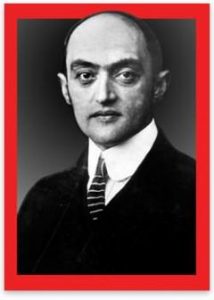 Wiki
Wiki The Trees – Getty Lee
The Trees – Getty Lee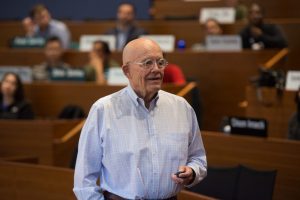 PLSC 270: Capitalism:
PLSC 270: Capitalism: